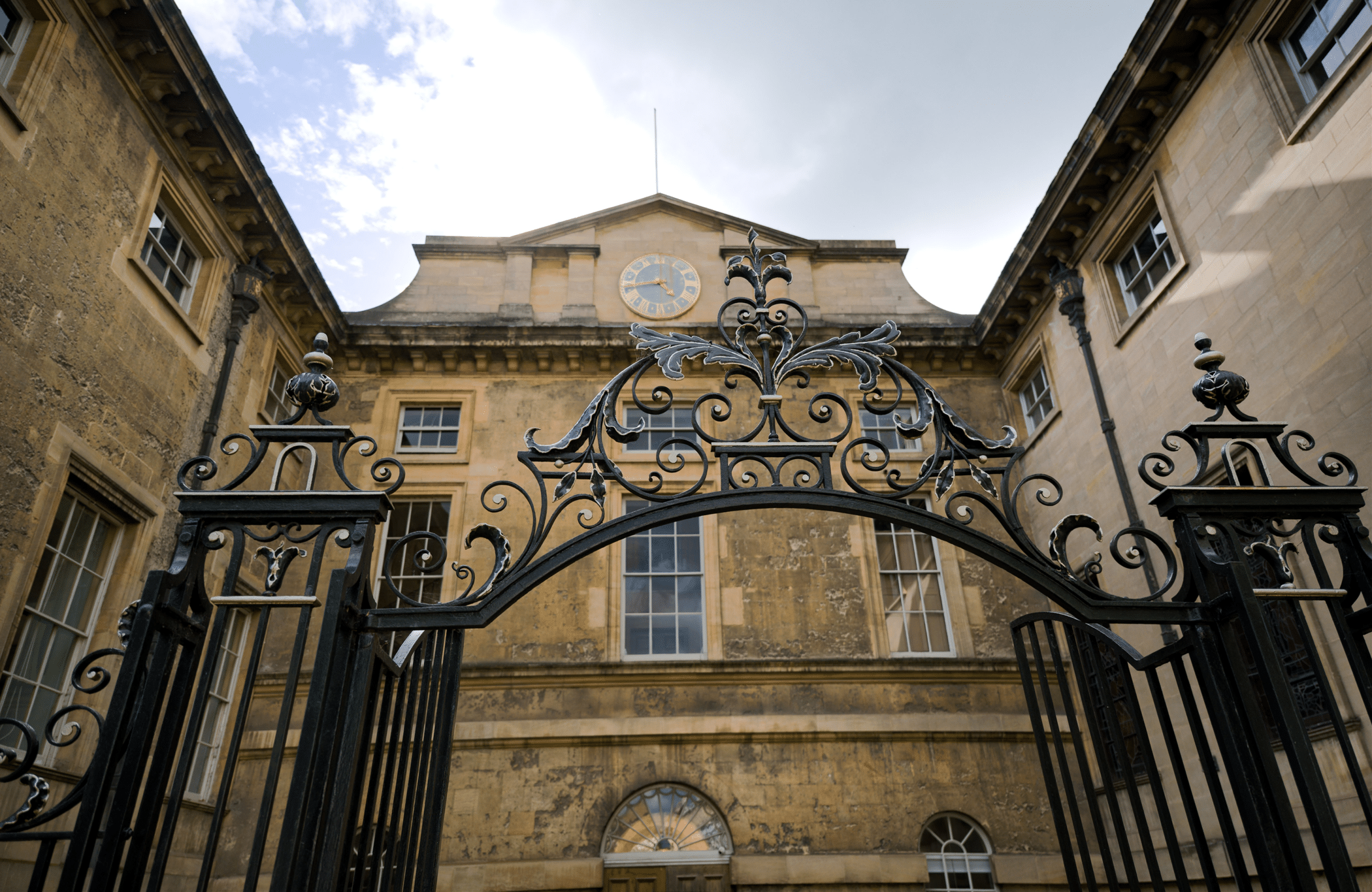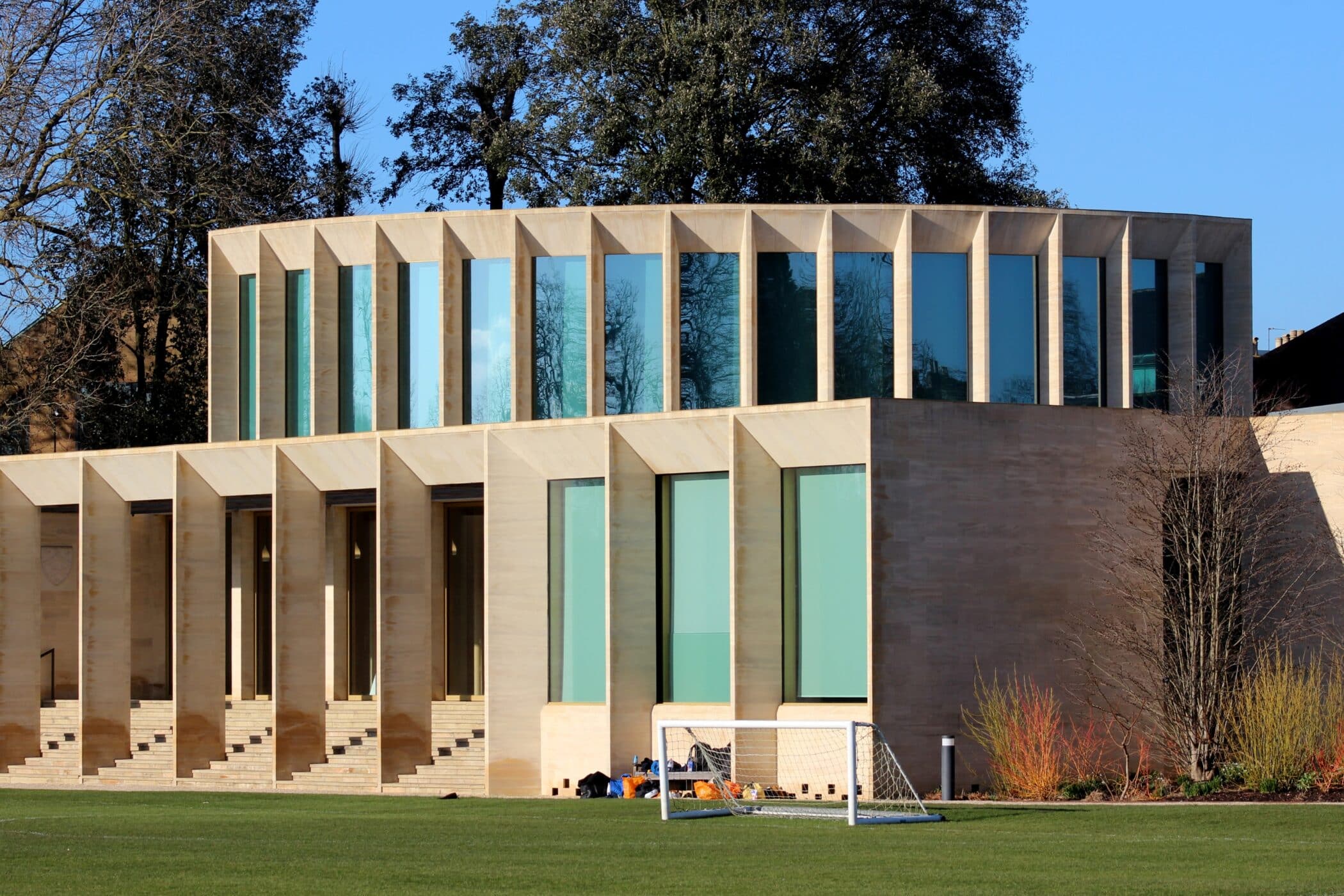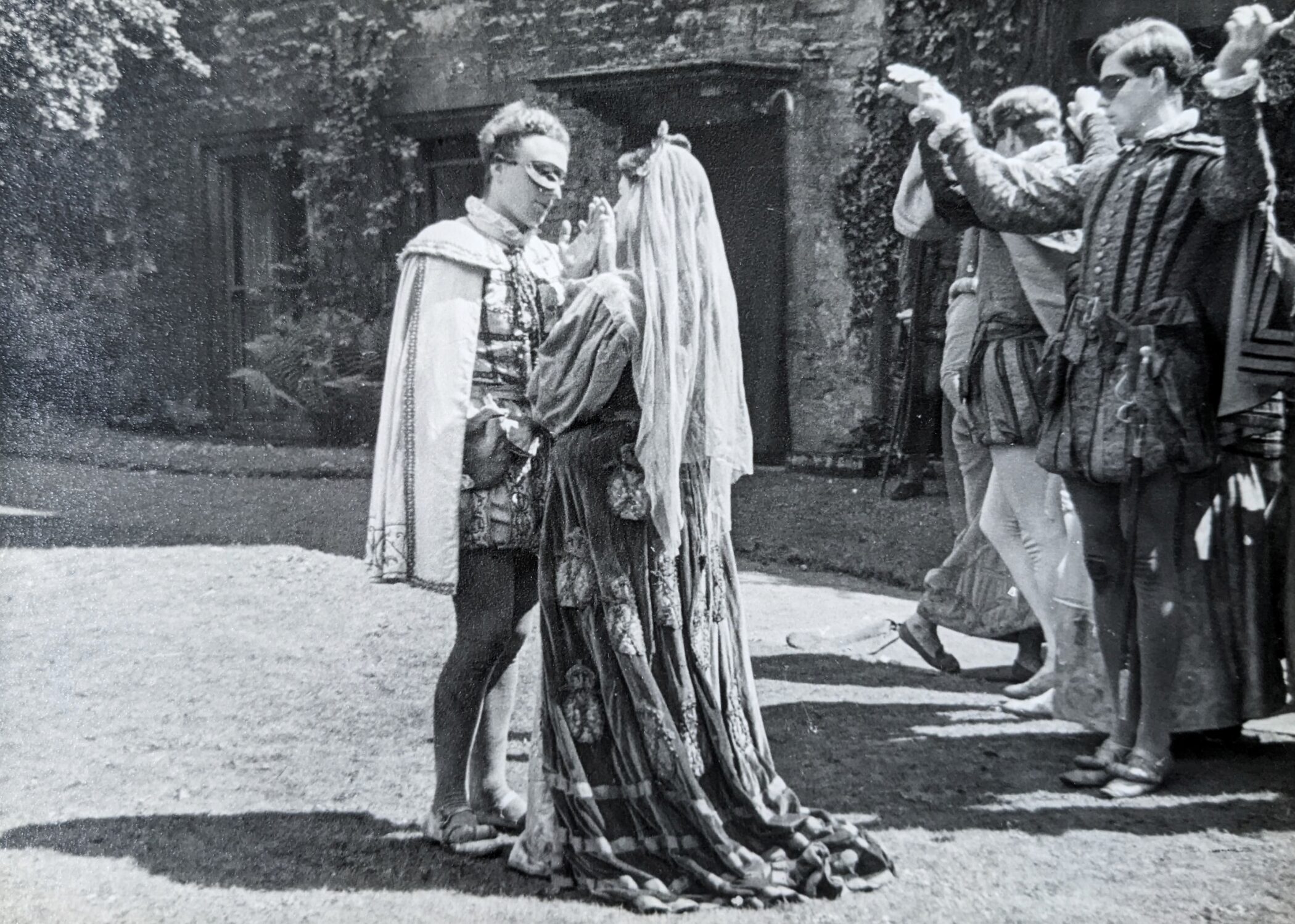Worcester College is an independent, self-governing institution and one of the 39 constituent colleges of the University of Oxford. Established by Royal Charter in 1714, the College is governed according to its Statutes and By-Laws and is regulated by the Charity Commission.
We’re managed by a Governing Body made up of academic Fellows and senior administrative staff. Members of the Governing Body are the College’s trustees under charity law. They hold responsibility for the strategic direction and financial oversight of all College affairs. The Governing Body is chaired by the Provost and has regular meetings each term, with much of its business arising from the reports and recommendations of its sub-committees which cover key areas of College life.
Our policies and procedures
Equality, diversity & inclusion
Sustainability
Financial information
Read our five-year strategy
Find out more


Our Governing Body
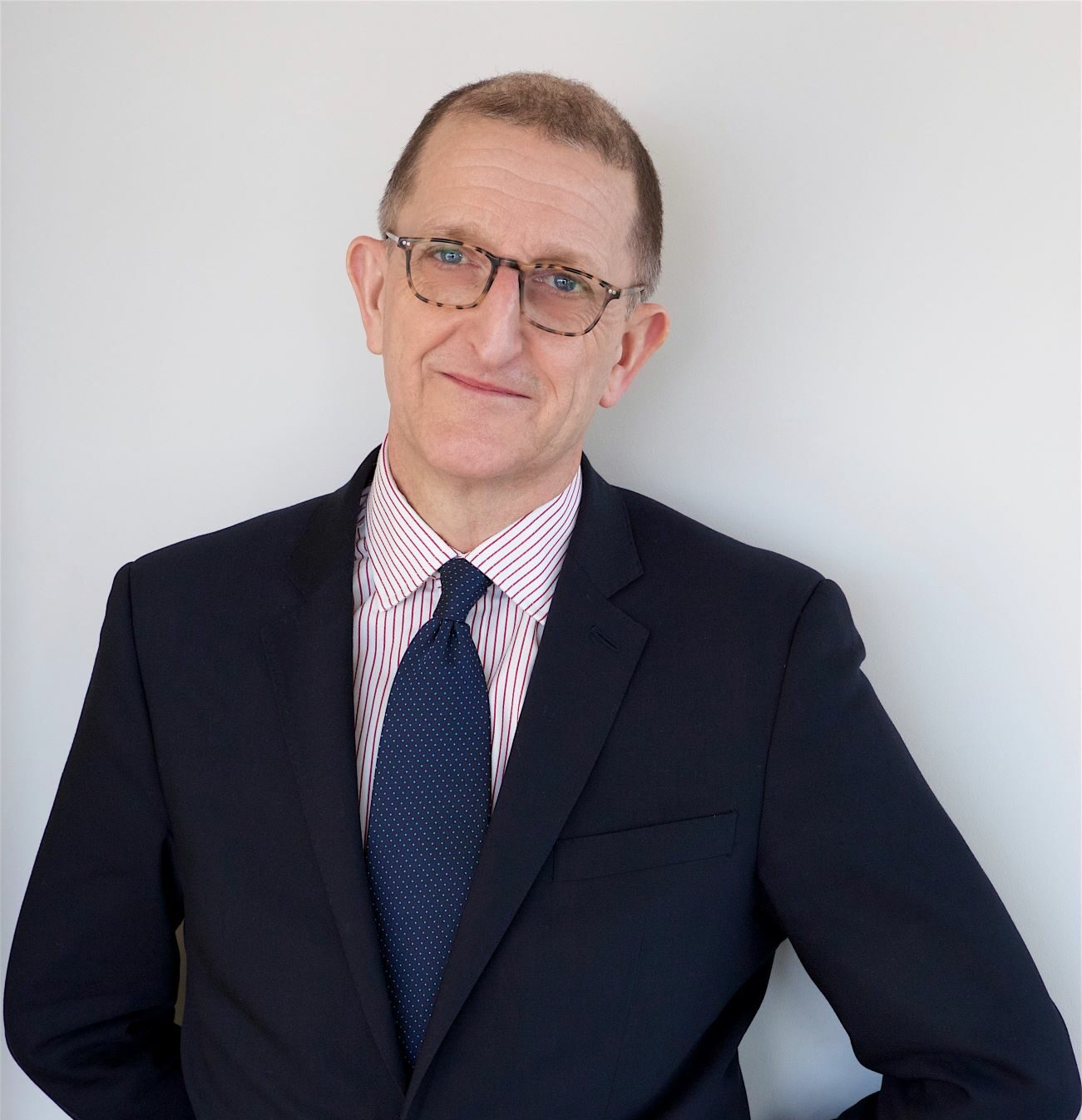
Provost
David Isaac

Fun fact
David is the first Provost to keep bees at Worcester.
David Isaac CBE
Provost
Education
MA (Cambridge), MA (Oxford)
After attending King Henry VIII Grammar School in Abergavenny, which became a comprehensive when he was in the third form, David went on to read Law at Trinity Hall, Cambridge. He undertook postgraduate studies in Socio-Legal studies at Wolfson College, Oxford, before qualifying as a solicitor. He was a partner in Pinsent Masons LLP for many years, where he held a number of senior positions. During his career he specialised in advising clients on contract law matters and acted for HM Government and many other FTSE 100 and 250 companies.
Throughout his career David has also been involved in many other activities in the arts, human rights and education. He is the former Chair of the Equality and Human Rights Commission, Chair of Stonewall and Chair of Modern Art Oxford. He was also a director of the Diana Princess of Wales Memorial Fund, the Human Dignity Trust, the Big Lottery and 14-18 NOW. He is the current Chair of Governors at University of the Arts London and Chair of the Henry Moore Foundation.
David is a passionate supporter of the visual arts, as well as a keen mountain walker, swimmer, gardener, cook and beekeeper.
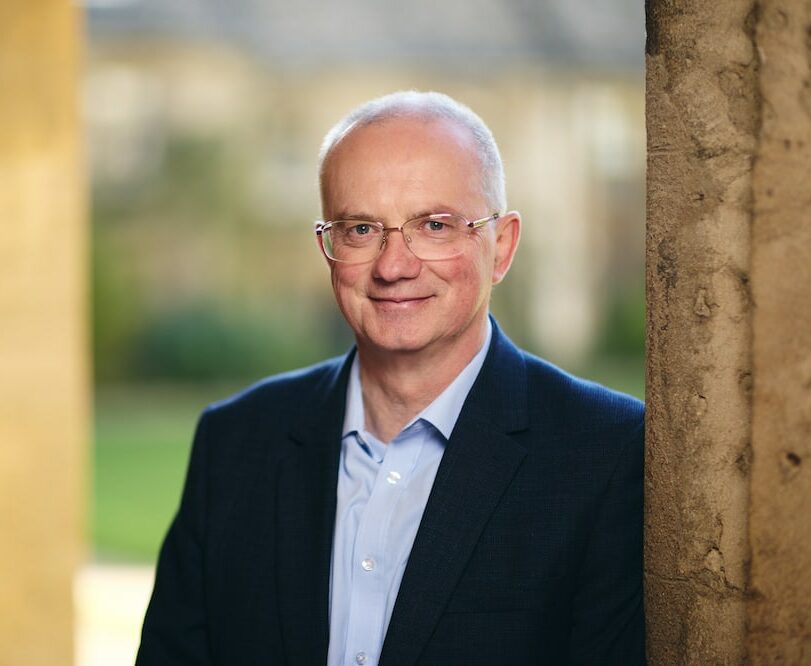
Wigmore Clarendon Fellow & Tutor in Economics
Dr Simon Cowan

Dr Simon Cowan
Wigmore Clarendon Fellow & Tutor in Economics
Associate Professor of Economics
Senior Fellow
Education
MA MPhil DPhil (Oxford)
I am an Associate Professor in Economics and Wigmore Clarendon Fellow in Economics at Worcester College. My research is on theoretical models of pricing in imperfect competition, with a recent focus on price discrimination and its welfare effects. I have also worked on the regulation of privately-owned utilities. Regulatory Reform: Economic Analysis and British Experience (MIT Press), written with co-authors Mark Armstrong and John Vickers, was published in 1994. I have papers in the American Economic Review, The Economic Journal and the Rand Journal of Economics, and am a former editor of Oxford Economic Papers.
For undergraduates I have taught Introductory Economics, Microeconomics, Macroeconomics, the Economics of Industry and International Economics. I have also taught environmental economics, and have taught Industrial Organization to graduate students. I was Head of Department between October 2019 and September 2020.
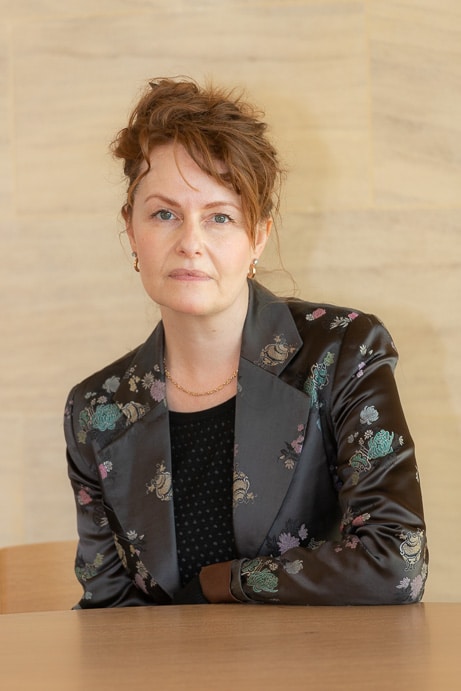
Sir Lindsay Owen-Jones Fellow in Modern Languages & Tutor in French
Professor Kate Tunstall

Professor Kate Tunstall
Sir Lindsay Owen-Jones Fellow in Modern Languages & Tutor in French
Clarendon Professor of French
Chevalier dans l’Ordre des Palmes Académiques
Education
MA MPhil PhD (Cambridge), MA (Oxford)
I have a longstanding commitment to and strong track record in widening participation in higher education. I was myself educated at a comprehensive school in South London and went from there to Cambridge, where I did a BA in French and German, including a year at the Université Paul Valéry in Montpellier. I did a PhD in French at Cambridge, and held a Kennedy Fellowship at Harvard from 1995-96. I am always delighted to receive UCAS applications from sixth-formers from non-selective state schools and colleges.
I teach undergraduates in lectures, seminars and tutorials, in both English and French, introducing them to a wide variety of texts and topics in French literature and culture from the sixteenth to the twenty-first centuries. I also teach translation into English.
I welcome applications from students wishing to study any aspect of French eighteenth-century writing, Enlightenment, Diderot, materialism, aesthetics. Doctoral students of mine have worked or are working on subjects as diverse as religious toleration and Bayle, Diderot and Lessing, biography and Ovid, eighteenth-century theories and practices of education, gender and sexuality in Rabelais and his reception, the history of plagiarism. I coordinate the early modern graduate exchange with the department of German and Romance Languages and Literatures at Johns Hopkins University, and the FribOx programme, which runs an annual conference with the Université de Fribourg (Switzerland).
My research expertise is in the literary history of the French eighteenth century, in particular the works of the philosophe, Diderot. I’m interested in literary materiality, the act of publication, practices of anonymity and pseudonymity, querelles, and in questions of contextualisation. I am currently trying to find time to write about the publication of the attentat on Louis XV, and to finish a material history of Diderot’s Regrets sur ma vieille robe de chambre.
I am currently the General Editor of the Journal for Eighteenth-Century Studies. I was the first Academic Programme Director for the Voltaire Foundation’s Besterman Centre for the Enlightenment, and co-steered the ANR-funded research collective, AGON. La dispute: cas, controverses et querelles à l’âge classique (Oxford-Paris-IV). I’m also a member of a number of international research groups, including the Groupe de Recherche Interdisciplinaire de l’Histoire du Littéraire (EHESS-Paris III).
Translation is an important part of my academic practice. I have translated or co-translated three works by Diderot: Letter on the Blind, Regrets on Parting with My Old Dressing Gown (with Katie Scott), and Rameau’s Nephew (with Caroline Warman). The latter, a free-access, multi-media edition, won the 2015 British Society for 18thc Studies Prize for digital resources. I have also translated the short story by Daudet, Mr Segwin’s Goat (in Littéraire).
I’m the author of Blindness and Enlightenment (2011), the editor of Self-Evident Truths? Human Rights and the Enlightenment (2012), and the co-editor of a number of collections of essays, including Naming, Renaming, and Un-Naming in Early Modern Europe (2013) and Women and Quarrels in Early Modern France (2022).
View all publications on the Faculty of Medieval & Modern Languages website
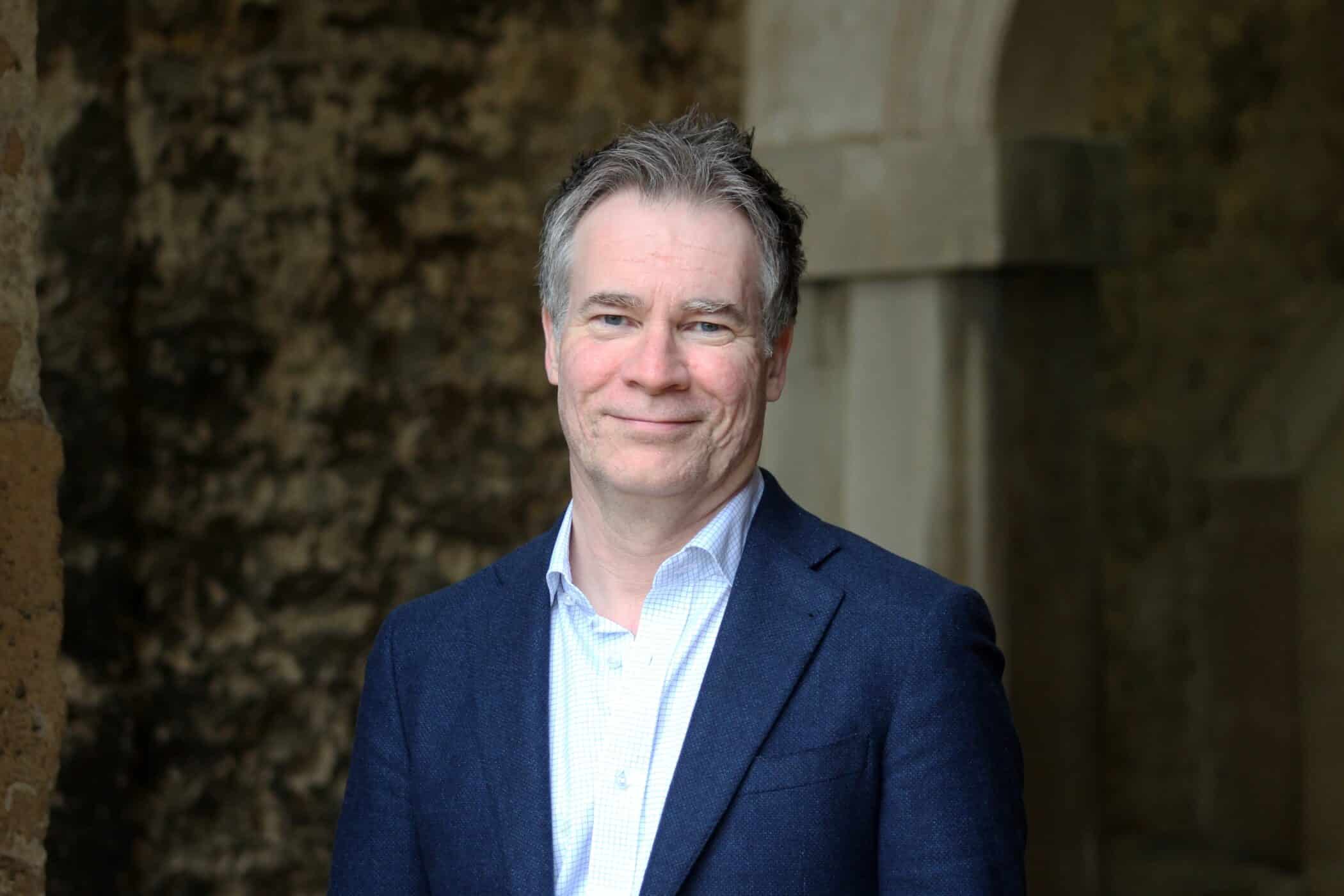
Francis Reynolds and Clarendon Fellow & Tutor in Law
Professor Donal Nolan

Professor Donal Nolan
Francis Reynolds and Clarendon Fellow & Tutor in Law
Professor of Private Law
Vice Dean of the Faculty of Law
Education
BCL MA (Oxford)
From October 2024 to 2027, Professor Nolan will be serving full-time as Vice Dean of the Faculty of Law.
Donal Nolan is Professor of Private Law in the University of Oxford and Francis Reynolds and Clarendon Fellow and Tutor in Law at Worcester College, Oxford. He was educated at Brasenose College, Oxford (BA and BCL) and was previously a Lecturer in Law at King’s College London. He has taught tort, contract, international trade law, restitution and commercial law, and has been a Visiting Professor in the University of Florida, the National University of Singapore, the University of Trento and Sichuan University. He is a Senior Fellow of the University of Melbourne, a founding member of the World Tort Law Society, and an elected member of the American Law Institute (ALI). He is also a member of the International Advisory Panel for the ALI’s Restatement of the Law Fourth, Property, and a member of the editorial committee of the Modern Law Review.
Donal’s research is focused primarily on the law of tort, and in particular on the law of negligence, the law of private nuisance and the interface between tort law and public law. He has also written on a range of topics in contract law, including offer and acceptance, estoppel and termination for breach of contract, and has an interest in the history of legal scholarship.
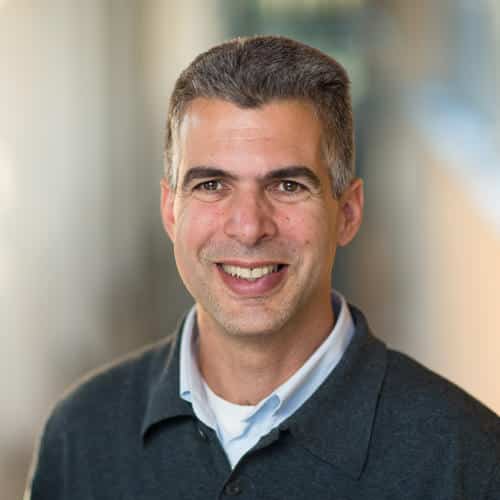
Lloyd’s Research Fellow & Tutor in Management Studies
Dr Nir Vulkan

Dr Nir Vulkan
Lloyd’s Research Fellow & Tutor in Management Studies
Associate Professor of Business Economics
Education
BSc (Tel Aviv), MA (Oxford), PhD (London)
Nir is a leading authority on fin tech, e-commerce and market design, and on applied research and teaching on hedge funds. Alongside his role at Saïd Business School, Nir is also a Fellow of Worcester College and a member of the Oxford Man Institute for Quantitative Finance.
In 2020 Nir chaired the Banking and Finance Committee on Ethical AI, which made recommendations to the European President and Parliament. Nir was also a member of the Insurance Committee on Ethical AI. Nir engages widely with industry: he acts as a consultant to technology companies and has developed software for specific applications within companies. He has developed models widely used in e-commerce, trading and hedge funds. Nir travels extensively to give seminars and talks and to participate in conferences, and has spoken at numerous universities in Europe, the Middle East and the USA. He acts as referee for a number of academic journals on economics.
Nir has a BSc in Mathematics and Computer Science from Tel Aviv University and gained a doctorate in Economics at University College, London, where he was awarded the Dean Scholarship for excellence in PhD studies. He became a Lecturer at Bristol University in 1997, and in 2001 moved to Saïd Business School. He was the Executive Director of the Oxford Centre for Entrepreneurship between 2009 and 2011 and the co-founder and Director of OxLab, a laboratory for social science experiments, both at Saїd Business School.
Nir created the first UK course on fin tech in 2016 which runs annually as an MBA and EMBA elective. Nir created the first UK course on fin tech in 2016 which runs annually as an MBA and EMBA elective. Before that he wrote and developed the core Managerial Economics course for the MBA and EMBA programmes.
He has also been involved in designing and developing the Entrepreneurial Project and now runs this course. He supervises DPhil and MPhil students. He has also taught a popular MBA elective course on hedge funds and trading, and a course on e-commerce.
Nir believes that students learn by doing, and therefore games, role-plays and projects form a large part of his courses. The Managerial Economics course features a trading game, while both this course and the Entrepreneurial Project draw on current case studies, which are discussed and analysed by students.
Nir is also the course convenor for two new online programmes: Fintech and Algorithmic Trading.
In 2003 Nir wrote one of the leading texts on the microeconomics of e-commerce, The Economics of E-Commerce: A Strategic Guide to Understanding and Designing the Online Marketplace. In 2013, Nir edited, with Al Roth and Zvika Neeman, The Handbook of Market Design. The handbook contains a selection of the latest research in the growing field of market design, and draws on Vulkan’s interest and expertise in markets, both virtual and those confined to particular geographical locations. He is particularly interested in how lessons from successful and unsuccessful markets can be learned and transferred to different environments. Part of the book examines issues raised by the fact that the internet is now the preferred platform for most markets, and the wide choice this gives consumers. He also examines markets linked to geography where participants have little choice.
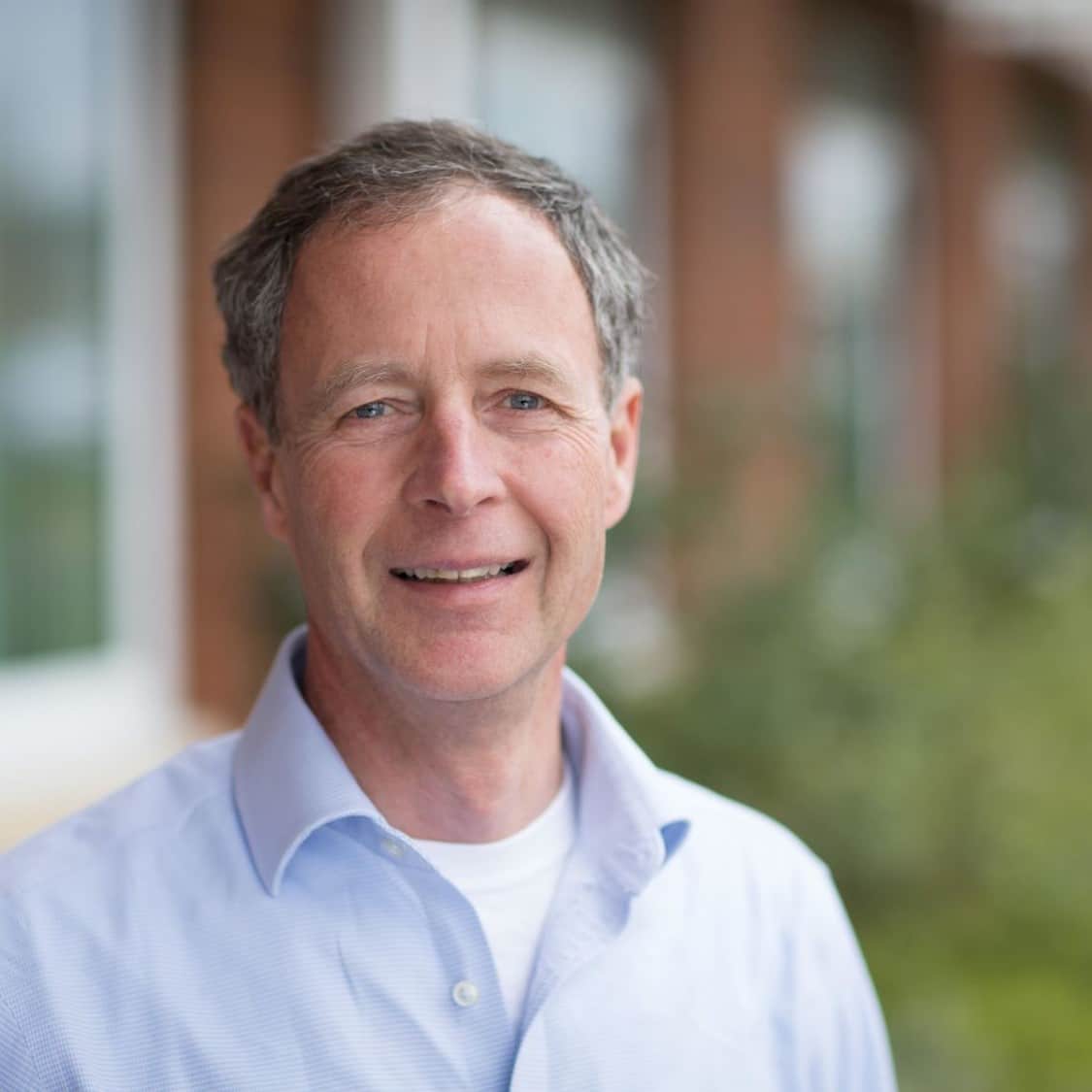
Nuffield Professor of Orthopaedics
Professor Andrew Carr

Professor Andrew Carr MBE FRCS FMedSci
Nuffield Professor of Orthopaedics
Professorial Fellow
Education
MB ChB ChM (Bristol), MA (Oxford)
Andrew Carr is the Nuffield Professor of Orthopaedic Surgery at the University of Oxford and trained at Bristol, Sheffield, Oxford, Seattle and Melbourne. He established the shoulder surgery service in Oxford and is past President of the British Shoulder and Elbow Surgery Society. He was a Non-Executive Director and then Divisional Director of the Nuffield Orthopaedic Centre during the formation of Oxford University Hospitals NHS Trust. He is currently an elected Council member of the Royal College of Surgeons of England.
He was head of the department of orthopaedics, rheumatology and musculoskeletal sciences from 2001-2022. During his tenure the department grew to become the largest academic musculoskeletal department globally with 600 staff, over 100 postgraduate research students and an external grant portfolio of £180million. He led the development of the Botnar Research Institute which now houses over 300 multidisciplinary researchers. He was Director of the NIHR Biomedical Research Unit in Oxford from 2008-2017 and was instrumental in the relocation of the Kennedy Institute for Rheumatology to Oxford in 2013.
He is a fellow of the Academy of Medical Sciences and an NIHR Senior Investigator. His awards include an honorary Doctorate of Medicine from the University of Copenhagen, the Gold Medal of the British Orthopaedic Association and the Steindler Award from the USA. He is a Nuffield Medical Trustee, Chair of the Nuffield Oxford Hospitals Fund and Deputy Chair of Trustees of the University of Bristol.
His research has focussed on the development and evaluation of surgical implants. Whilst working with John Goodfellow, he defined the use of the Oxford Knee as a partial knee replacement which has been implanted in over two million people worldwide. He pioneered the importance of patients’ views in assessing the outcome of surgery and the Oxford Scores, which he co-invented are now used globally to assess patient outcomes and direct health policy. He has improved the infrastructure for clinical trials for orthopaedic surgery in the UK and co-founded the Royal College of Surgeons of England Trial Unit in Oxford in 2012. He has contributed to novel trial designs including the controversial use of placebo surgery controls. His laboratory has invented new surgical implants using electrospun fibres that improve cell growth and tissue healing after surgery.
He is author of over 450 publications, including more than 30 in the Lancet, BMJ and Nature Biotechnology, which have been cited over 44,000 times. He is is one of the 25 most cited surgical researchers globally. His research has featured in the media including the Times, the Guardian, the Daily Telegraph, the Observer, BBC Horizon, BBC news, BBC radio, CBS the Doctors, the New Statesman and Der Spiegel.
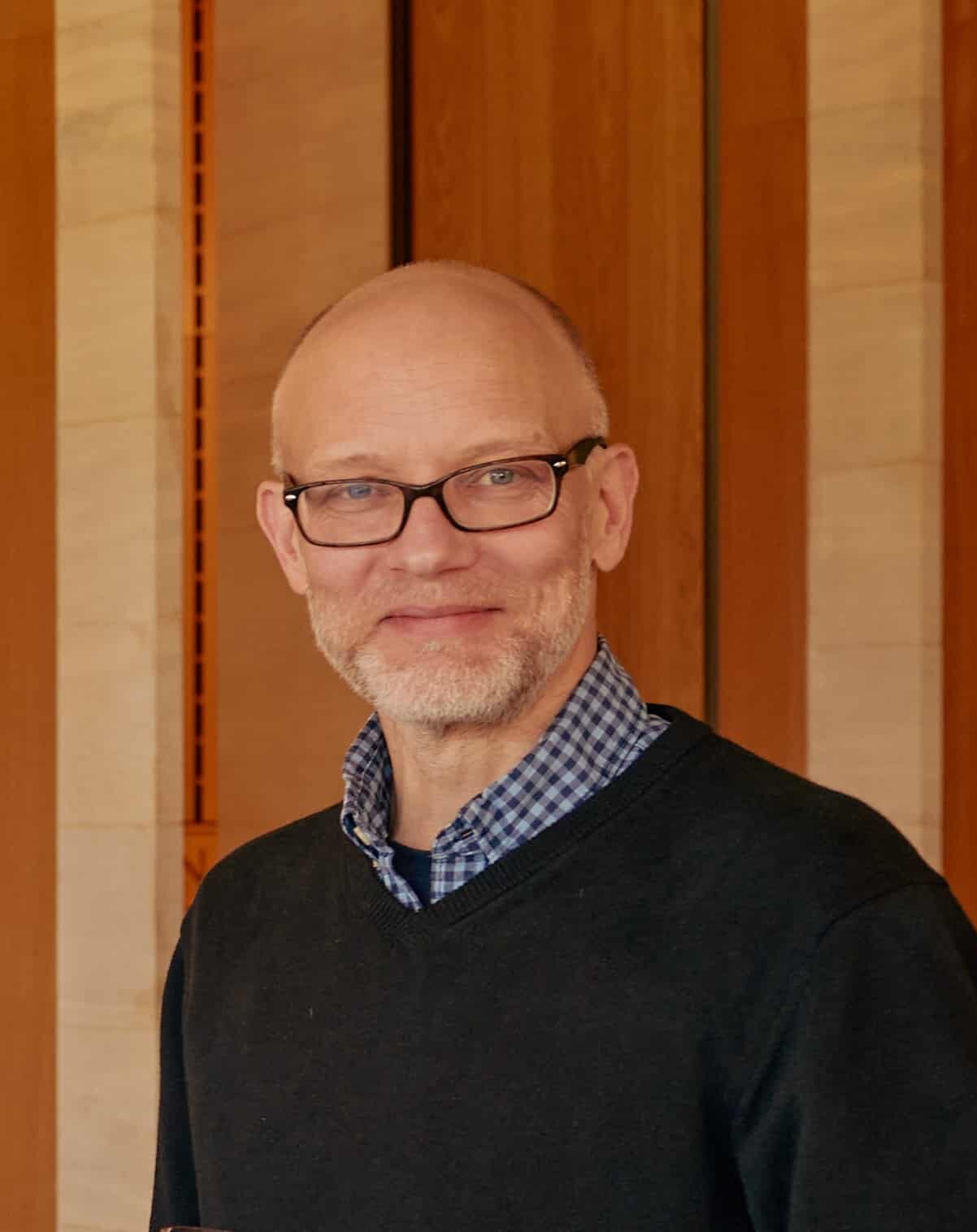
Fellow & Tutor in German
Professor Benjamin Morgan

Professor Benjamin Morgan
Fellow & Tutor in German
Professor of German and Comparative Literature
Education
MA DPhil (Oxford)
Benjamin Morgan is Professor of German and Comparative Literature and Chair of the German Department at the University of Oxford, specialising in German intellectual history. He has published widely on key issues and figures from Meister Eckhart in the fourteenth Century, to contemporary German philosophers such as Christoph Menke. Combining this rich body of thought with phenomenology, evolutionary and cultural theory, psychology, and 4E cognition, he has contributed to the History of Distributed Cognition (Edinburgh UP, 2020), and co-edited ‘Situated Cognition and the Study of Culture’ (Poetics Today 2017).
His monograph On Becoming God (Fordham UP, 2013) transforms contemporary discussions of the ‘self.’ His current book project, Reclaiming Liberalism: The Virtues of a Democratic Society, responds to the crises many liberal democracies face today. Building upon the tradition of liberal thinkers, particularly from the German-speaking world, alongside current research in the cognitive sciences, Morgan develops ways of thinking clearly about the how and why humans develop the cultural interactions that form the social capital on which complex modern societies, and indeed democracy itself, depend.
German language and literature: special interests in German intellectual history; German film; the cross-over between the cognitive sciences and phenomenology
I supervise graduate work on the cultural history of the German speaking world from the late 19th century to the present: literature, philosophy, film and other cultural institutions in a cultural context.
DPhil topics supervised to date: German film 1930-1950; Heidegger and French post-structuralism; Heidegger and Nietzsche; the ‘Neues Museum’ as a new paradigm of cultural memory; the everyday in Berlin and Vienna circa 1900; Journal Culture in the Weimar Republic; Agency in the films of Petzold, Akın, Tykwer; Genre in contemporary German narrative film, esp. Dominik Graf; The poetry of Thomas Kling in the context of BRD in the 1970s and 1980s; a comparative approach to the work of Thomas Bernhard; the international high and pop cultural reception of Thomas Mann’s ‘Zauberberg’; Embodied cognition in German modernism; the metaphor of ‘games’ in Wittgenstein and Hermann Hesse; Gerda Walther’s phenomenology in the context of German modernism; Walter Benjamin and Calderon; Wittgenstein, creativity and AI.
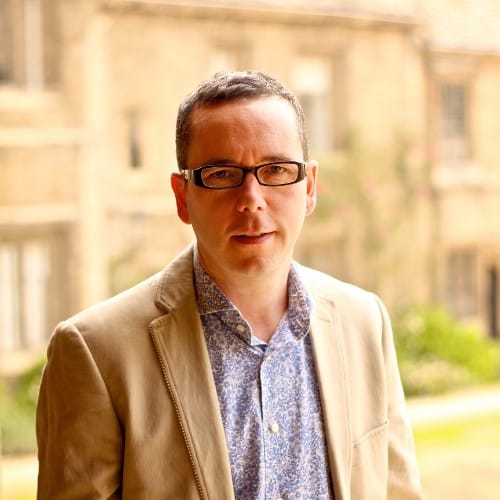
Rank Foundation-Netherthorpe Memorial Fellow & Tutor in Medicine and Head of Research (Sciences)
Professor John Parrington

Professor John Parrington
Rank Foundation-Netherthorpe Memorial Fellow & Tutor in Medicine and Head of Research (Sciences)
Associate Professor in Cellular and Molecular Pharmacology
Education
MA (Cambridge), MA (Oxford), PhD (London)
Dr Parrington is a Fellow in Physiological Sciences (Pharmacology) and his research interests are molecular mechanisms of reproduction and early embryogenesis, the role of calcium signals in mediating key physiological events, and genomic and proteomic approaches to understanding cell signalling.
The principal research interest of Dr Parrington’s research group is in using molecular approaches to study how calcium signalling governs key physiological events.
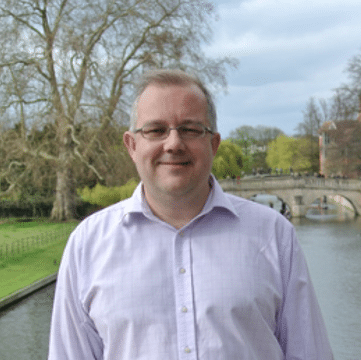
Ben Delo Fellow & Tutor in Mathematics
Dr Richard Earl

Fun fact
Rich lives in College with four cats named Jet, Onyx, Ozzie and Isobel.
Dr Richard Earl
Ben Delo Fellow & Tutor in Mathematics
Academic Faculty, Mathematical Institute
Prevent Lead
Education
MA DPhil (Oxford)
I am the Ben Delo Fellow in Mathematics at Worcester College and a Departmental Lecturer in the Mathematical Institute. I grew up in West Yorkshire but have been entirely in Oxford since 1988 when I arrived as an undergraduate studying mathematics. In the College I have done various other roles: Tutor for Admissions, Tutor for Graduates, SCR Steward and Vice-Provost. In the Department I was the Outreach Officer and Admissions Coordinator for a decade and then the Director of Undergraduate Studies for a further decade. During 2022/23 I was Worcester’s choice to act as the University Assessor.
I have been with the College since 1999 and teach a range of topics across pure and applied mathematics. Ben Delo – who has endowed two fellowships in the college – was in fact one of my earliest students at the College. My first interests were in geometry and topology, but whilst being the Outreach Officer I broadened my interests so as to represent the Department as widely as possible and now teach across much of mathematics. A lot of my work has focused on the transition from school/college to higher education and I used to run a bridging course for new mathematics students who had not taken Further Mathematics A-level. For over twenty years I have been involved with Sutton Trust summer schools, UNIQ summer schools and more recently Opportunity Oxford.
Dr Earl’s research interests were originally in geometry and topology but, during his time as the admissions co-ordinator and schools liaison officer in the department, his teaching interests have broadened and he now promotes mathematics at access events across a wide range of topics.
- Towards Higher Mathematics (CUP, 2017)
- Topology: A Very Short Introduction (OUP, 2019)
- Concise Oxford Dictionary in Mathematics 6ed (OUP, 2021)
- Mathematical Analysis: A Very Short Introduction (OUP, 2023)
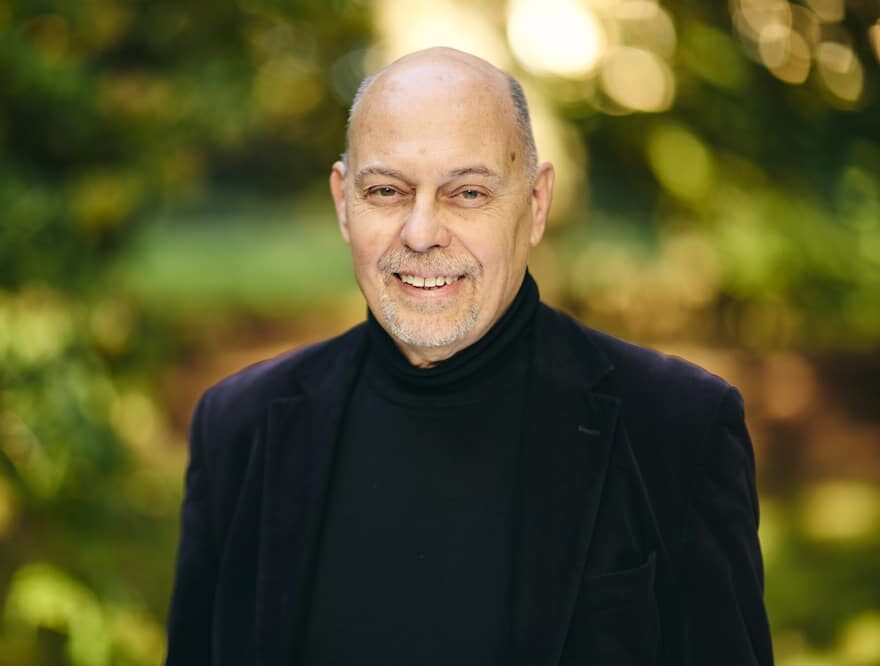
Fellow & Tutor in Classics and Dean of Degrees
Dr Scott Scullion

Dr Scott Scullion
Fellow & Tutor in Classics and Dean of Degrees
Faculty Lecturer in Greek and Latin Languages and Literature
Education
BA (Toronto), MA (Oxford), PhD (Harvard)
Scott Scullion is Fellow & Tutor in Classics at Worcester. His primary specialty is Greek tragedy and he also works on Greek religion and Greek textual criticism.
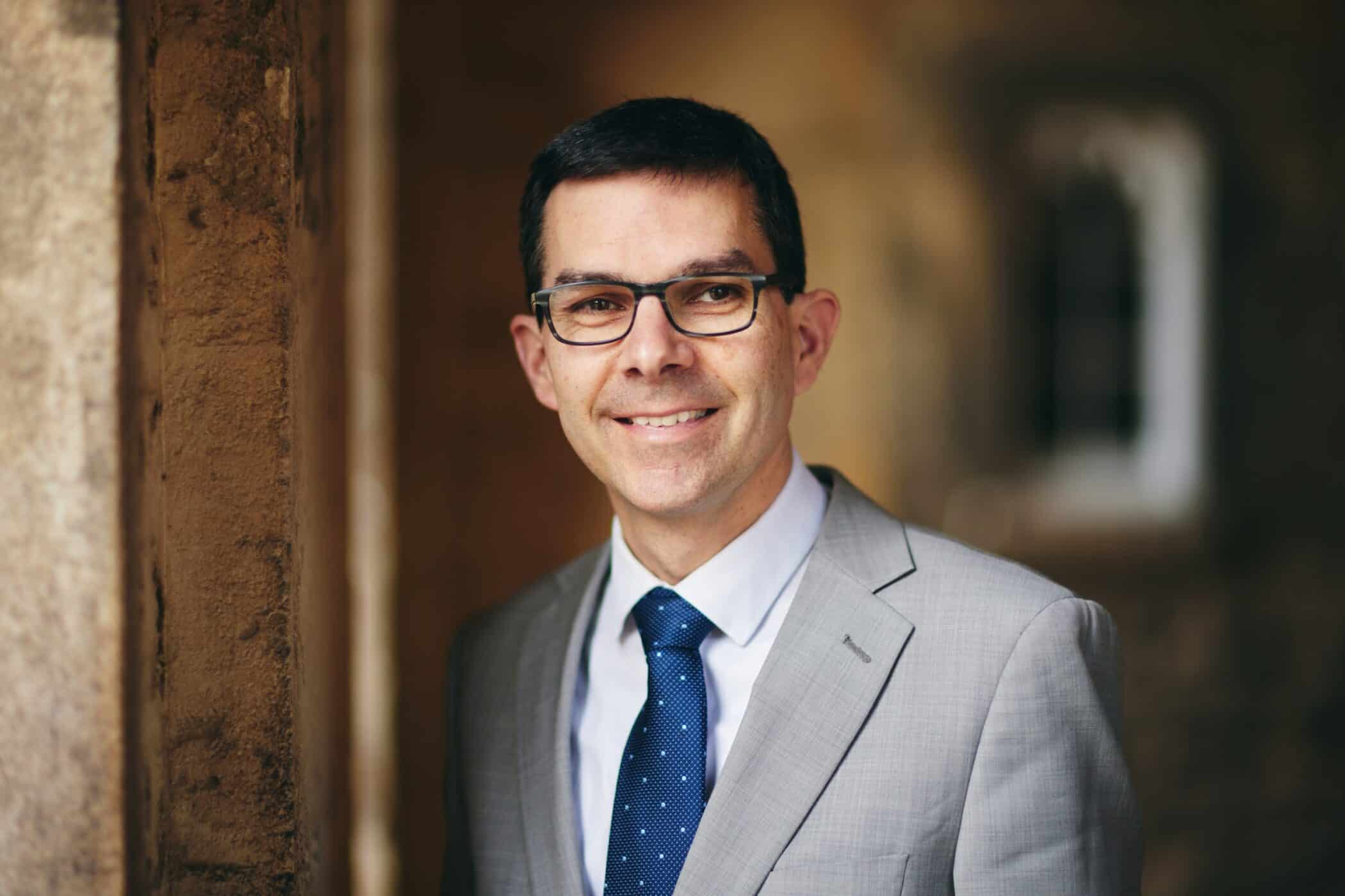
Diebold Professor of Comparative Philology and Complaints Officer
Professor Andreas Willi

Professor Andreas Willi FBA
Diebold Professor of Comparative Philology and Complaints Officer
Professorial Fellow
Education
MA (Basle), MS (Fribourg), MA DPhil (Oxford)
Andreas Willi studied Classics, Slavonic Languages and Literatures and Historical-Comparative Linguistics at the Universities of Basel, Lausanne, and Fribourg in Switzerland as well as at the University of Michigan, Ann Arbor. After writing his doctoral thesis on sociolinguistic variation in Ancient Greek at the University of Oxford, he worked as Oberassistent in Classics (Latin and Greek Philology) at the University of Basel, before becoming a member of the Swiss Institute at Rome and then moving back to Oxford in 2005 to take up the Diebold Chair of Comparative Philology. In 2020 he was elected as a Fellow of the British Academy.
Andreas Willi has worked extensively on sociolinguistic and dialectal variation in Ancient Greek, on language contact and the language-literature-culture interface in the ancient world, with a special focus on Sicily, and also on Classical (Greek and Latin) literature. At present one of his main interests on the linguistic side is the history and prehistory of the Greek (and Indo-European) verbal system, in particular the development of tense-aspect categories both from a formal (reconstructive) and a functional (philological) point of view. This focus is supplemented by — mainly morphological and etymological — work on other ancient Indo-European languages, especially those of Italy (Latin, Sabellic).
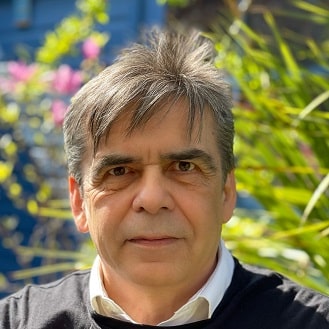
Fellow & Tutor in Mathematics
Professor Endre Süli

Professor Endre Süli FRS
Fellow & Tutor in Mathematics
Professor of Numerical Analysis
Education
MA PhD (Belgrade), MA (Oxford)
Endre completed his doctorate in Mathematics at the University of Belgrade in 1985. He was appointed to an academic position at Oxford in the same year. He is now Professor of Numerical Analysis and a Fellow and Tutor in Mathematics. Endre is a Foreign Member of the Serbian Academy of Sciences and Arts, a Fellow of the Institute of Mathematics and its Applications (IMA), a Fellow of the Society of Industrial and Applied Mathematics (SIAM), a Fellow of the European Academy of Sciences (EurASc), a Member of the Academia Europaea, and a Fellow of the Royal Society.
Mathematical and numerical analysis of nonlinear partial differential equations; finite element methods, particularly:
- Kinetic models for polymers; Navier-Stokes-Fokker-Planck systems; construction and mathematical analysis of numerical algorithms for high-dimensional Fokker-Planck equations
- Implicitly constituted material models
- Numerical analysis of free-discontinuity problems, computational modelling of fracture, and quasi-continuum methods
- Adaptive algorithms for partial differential equations and a-posteriori error control
- Discontinuous, stabilised, and multiscale finite element methods
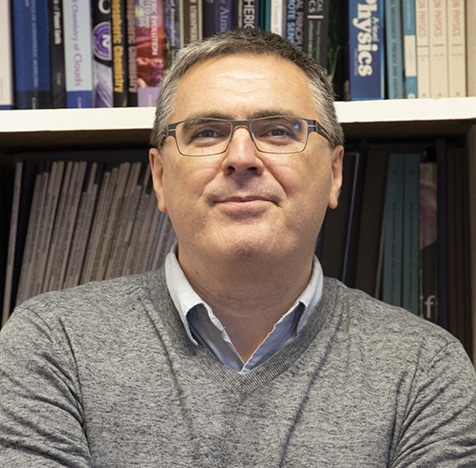
John and Patricia Danby Fellow & Tutor in Chemistry
Professor Grant Ritchie

Professor Grant Ritchie
John and Patricia Danby Fellow & Tutor in Chemistry
Professor of Chemistry
Head of Physical & Theoretical Chemistry
Education
MA DPhil (Oxford)
Grant Ritchie is a professor of Chemistry and Head of the Physical and Theoretical Chemistry (PTC) section in Oxford Chemistry. Prior to taking up the latter role he was Director of Graduate studies for 5 years (2015–2020). He leads a group that develops innovative techniques for trace gas detection with applications ranging from fundamental studies of gas phase chemical dynamics to plasma medicine and breath analysis. Part of his research involves translation of these methods into the real world and he works in close collaboration with scientists and engineers in both academic and industrial laboratories, and with physiologists and clinicians both internal and external to the University.
Grant was appointed to a lectureship in physical chemistry at the University of Oxford in 2006 alongside a tutorial fellowship at Worcester College. Prior to that date he had held several prestigious fellowships: a Ramsay Memorial Research Fellowship (2000–2003), a Junior Research Fellowship at St. John’s College (2000–2004), and a Royal Society University Research Fellowship (2000–2009). He obtained his BA and DPhil from Trinity College Oxford, the latter supervised by Gus Hancock in the area of chemical reaction dynamics. He is currently a member of the NERC peer review college and has authored the text books Atmospheric Chemistry – From the Surface to the Stratosphere (Wiley 2017) and Foundations of Physics for Chemists (OUP 2000).
Grant’s research concerns laser spectroscopy and its use in analytical chemistry and in studies of gas phase kinetics and dynamics. The research is characterised by novel technique and instrument development which not only allows innovative studies of chemical kinetics, dynamics and photon science, but that can also be translated into the real world. Particular areas of interest are healthcare and medicine, plasmas diagnostics and atmospheric chemistry.

Harry Pitt Fellow & Tutor in Modern History and Senior Treasurer of Amalgamated Clubs
Professor Bob Harris

Professor Bob Harris
Harry Pitt Fellow & Tutor in Modern History and Senior Treasurer of Amalgamated Clubs
Professor of British History
Education
BA (Durham), MA DPhil (Oxford)
I joined Oxford in 2006, having spent 13 years at the University of Dundee where I held a personal chair in British history.
My research interests are quite diverse, but focus on the political, cultural and social history of Britain and Ireland in the long eighteenth century. My early work was on the rise of the newspaper press and the relationships between print culture and politics. This led me to a broader interest in the political culture of the British Isles in the central decades of the eighteenth century. My published work on these themes includes the books Politics and the Rise of the Press: Britain and France 1600-1800 (1996) and Politics and the Nation: Britain in the mid eighteenth century (2002). Whilst in Scotland, I developed a keen interest in Scottish history, notably the impact of the French revolution on Scottish politics and society, and on British political economy in the eighteenth century. My work on this includes the book The Scottish People and the French Revolution (2008). More recently, I have been interested in the growth and development of provincial Scottish towns in the later Georgian period, and the impact and diffusion of enlightenment culture and values. In 2014 the results of this work were published in The Scottish Town in the Age of the Enlightenment, 1740-1820, which won the Saltire Society’s Scottish Book of the Year prize for 2014. My most recent book is a thematic biography of the radical aristocrat, Lord Daer entitled A Tale of Three Cities: The Life and Times of Lord Daer, 1763-1794 (2015). I am now working on a project on gambling and attitudes towards risk in Britain and the British empire between c.1660 and 1850.

Fellow & Tutor in Psychology and Dean
Dr Paul Azzopardi

Dr Paul Azzopardi
Fellow & Tutor in Psychology and Dean
Lecturer, Department of Experimental Psychology
Education
MA (Oxford), PhD (Victoria University of Manchester)
Dr Azzopardi’s research field is the neural basis of visual perception and conscious awareness, and his interests include cortical magnification factors, face perception, motion perception, the neural basis of blindsight, mechanisms underlying perceptual decisions, and disorders of conscious awareness such as found in patients with blindsight and visual neglect.
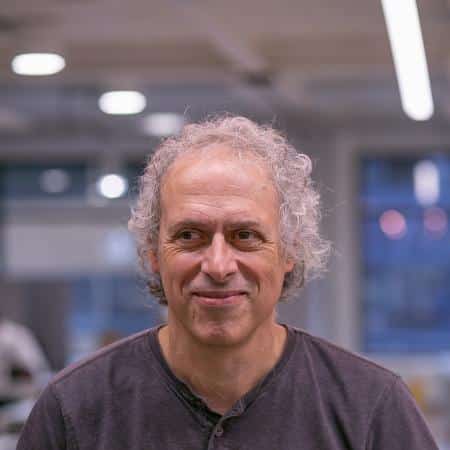
Loevner Fellow & Tutor in Statistics
Professor David Steinsaltz

Professor David Steinsaltz
Loevner Fellow & Tutor in Statistics
Associate Professor of Statistics
Education
MA (Oxford), MA (Yale), PhD (Harvard)
I moved to Oxford from Queen’s University in Kingston, Ontario, where I was Associate Professor in the Department of Mathematics and Statistics. Before then I was a postdoc at UC Berkeley for six and a half years, in the Departments of Demography and Statistics, following stints at the Technical University of Delft and the Technical University of Berlin. I completed my PhD in probability theory in the Harvard University Department of Mathematics in 1996, working with Persi Diaconis.
I am currently interested primarily in biological and demographic questions connected with ageing and mortality. I have been working on improving the probability-theory machinery that underlies some theoretical analyses of the evolution of ageing, and developing statistical methods that help to bring together experiments with these theories. This has largely been in the area of survival analysis, but I have also increasingly been concerned with Bayesian methods for analysing longitudinal data. My demographic interests have branched out to include the human sex ratio and genetic determinants of human life history traits.
I continue to work on fundamental questions of stochastic processes, in particular the behaviour of stochastic flows, the asymptotics of killed Markov processes, and the growth rates of populations dynamics in random environments.
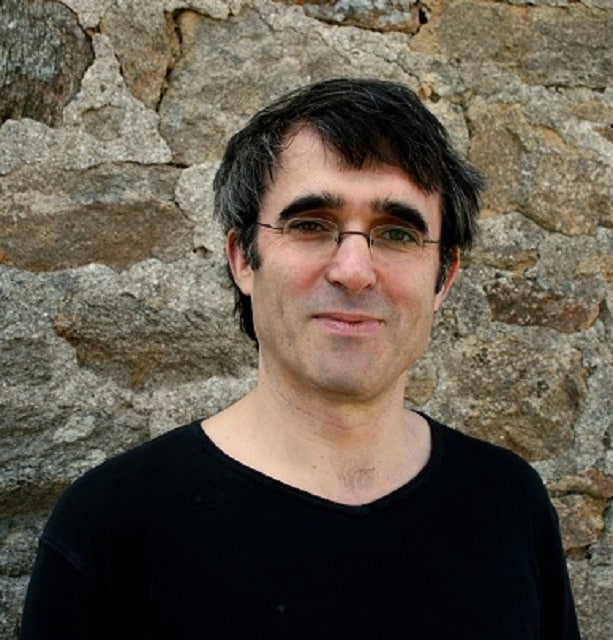
Lightbody Fellow & Tutor in History and Student Financial Aid Officer
Dr Conrad Leyser

Dr Conrad Leyser
Lightbody Fellow & Tutor in History and Student Financial Aid Officer
Clarendon Associate Professor of History
Deputy Dean of Degrees
Education
MA DPhil (Oxford)
I work on the religious and social history of western Europe and North Africa, from the fall of Rome to the rise of Latin Christendom after the first millennium. I have studied the problem of moral authority in the post-Roman West. My current project traces the relationship between institutional identity and cultural memory across the late ancient and early medieval period. In a study entitled The Myth of the Church, I plan to follow the development–slow and late–of a professional, celibate clerical hierarchy.
My immediate interests are in proposing a new view of the tenth-century Church. I am testing the hypothesis that this was an era in which bishops took advantage of the confusion occasioned by the end of the Carolingian Empire to achieve an unprecedented degree of institutional autonomy and self-definition. By marshalling (and sometimes actively forging) the authority of the early Church, late ninth- and tenth-century clerics succeeded in making of the episcopacy a career, with its own code of conduct, and the possibility of advancement.
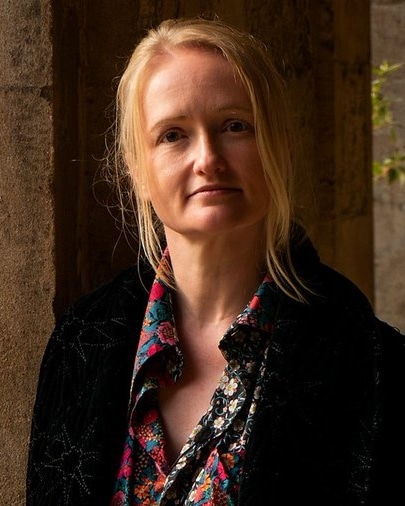
David Woods Kemper Family Fellow & Tutor in English
Professor Laura Ashe

Professor Laura Ashe FRHistS
David Woods Kemper Family Fellow & Tutor in English
Professor of English Literature
Education
BA MPhil PhD (Cambridge), MA (Oxford)
Professor Laura Ashe teaches medieval literature, covering the early medieval period with first years (650-1350), and the later Middle Ages (1350-1550) and Shakespeare with second years, together with all kinds of specialist medieval topics in second and third year options. She also co-teaches a cross-period course on ‘Tragedy’ from ancient Greece to the present day.
Undergraduate: Early Medieval Literature, 650-1350; Late Medieval Literature, 1350-1550; Shakespeare; comparative literatures 1000-1550; Tragedy, from Aeschylus to the present day.
Graduate teaching and research supervision: I offer options on the high middle ages and beyond for the MSt courses in Medieval Literature and Medieval Studies, and regularly supervise MSt dissertations in a great variety of fields.
I welcome prospective doctoral students wishing to work on any aspect of the Conquest and the post-Conquest period, broadly considered, and particularly on the multiple literatures of England; on the literatures of kingship, chivalry and aristocratic culture; on the rise of interiority and individuality in literature and culture; on the relation of Church and society; on Arthurian literature throughout the Middle Ages; on national and community identities, medieval imperialism and postcolonialism; on medieval romance, and questions of genre; on chroniclers and historiographies.
I am currently supervising four doctoral research students: on multilingualism and translation in the high middle ages; on heraldic and chivalric culture during the Hundred Years’ War; on trickster figures in romance, and on monstrous representations of Jews in late medieval England.
I work on literature, history, culture and ideas across the Middle Ages from the tenth to the sixteenth century, with a focus on England and its neighbours. I’m currently writing a monograph on Chaucer, developing new readings of his works that show his deep affinities with modern and current philosophies of subjectivity, recognition, and ethical agency.
My early research focused on the multilingual, French, Latin and English literary environment of post-Conquest England; Fiction and History in England, 1066-1200 (2007), examined ideologies of national identity and imperialism, the genres of romance and chronicle, and the first colonial discourses of the English in medieval Ireland. In 2015 I published Early Fiction in England: From Geoffrey of Monmouth to Chaucer, a Penguin Classics volume of high medieval texts in new translations and editions, intended both for students and the general reader. As an interdisciplinary historian I’ve contributed a volume to the Penguin Monarchs series, Richard II (2016), and in 2020 published Conquests in Eleventh-Century England: 1016, 1066, co-edited with Emily Ward of Cambridge. Other co-edited volumes include The Exploitations of Medieval Romance (2010), with Judith Weiss and Ivana Djordjevic; War and Literature (2014), with Ian Patterson; and Medieval and Early Modern Religious Cultures (2019), a festschrift for Vincent Gillespie, with Ralph Hanna.
My most significant work to date (supported by a Philip Leverhulme Prize in 2009, a Leverhulme Research Fellowship in 2015, and the Morton Bloomfield Visiting Fellowship at the English Department of Harvard University in 2016), offered a new interpretation of the great changes of the high middle ages as a whole, in both religious and secular cultures: The Oxford English Literary History vol. 1. 1000-1350: Conquest and Transformation (Oxford University Press, 2017), now in paperback (2021).
Looking forward, I’m working towards a major project with a wider period purview, seeking to centre the European middle ages in a much broader literary history from the Greeks to the global present.
I am one of the editors of New Medieval Literatures: NML 23 (2023) was published in March, NML 24 is in production, and we’re accepting submissions for NML 25 and 26.

Professor of Mathematics Education
Professor Gabriel Stylianides

Professor Gabriel Stylianides FAcSS
Professor of Mathematics Education
Supernumerary & Governing Body Fellow
Education
BA (Cyprus), MA (Oxford), MSc MSc PhD (Michigan)
Gabriel Stylianides is Professor of Mathematics Education at the Department of Education and a Fellow of Worcester College. He is the convenor of Oxford’s Subject Pedagogy Research Group and a Fellow of the UK Academy of Social Sciences.
Gabriel’s research focuses on issues related to designing and scaling-up effective classroom-based interventions in both school and teacher education settings. The aim of these interventions is to address issues of practice related to both cognitive and affective aspects of students’ (including preservice teachers’) engagement in the fundamental mathematical practices of mathematical reasoning, proving, problem solving, and algebraic thinking. In pursuing his primary research interests he also addressed issues related to task design and implementation, curricular resources (including textbooks), technological environments (including intelligent tutoring systems), and methodology (including design experiments and vignette design).
His research projects have been supported by various funding bodies: the US National Science Foundation (NSF), the US Institute of Educational Sciences (IES), the Education Endowment Foundation (EEF), the Department for Education (DfE) in England, the Spencer Foundation, the Norwegian Research Council, and Oxford’s John Fell Fund.
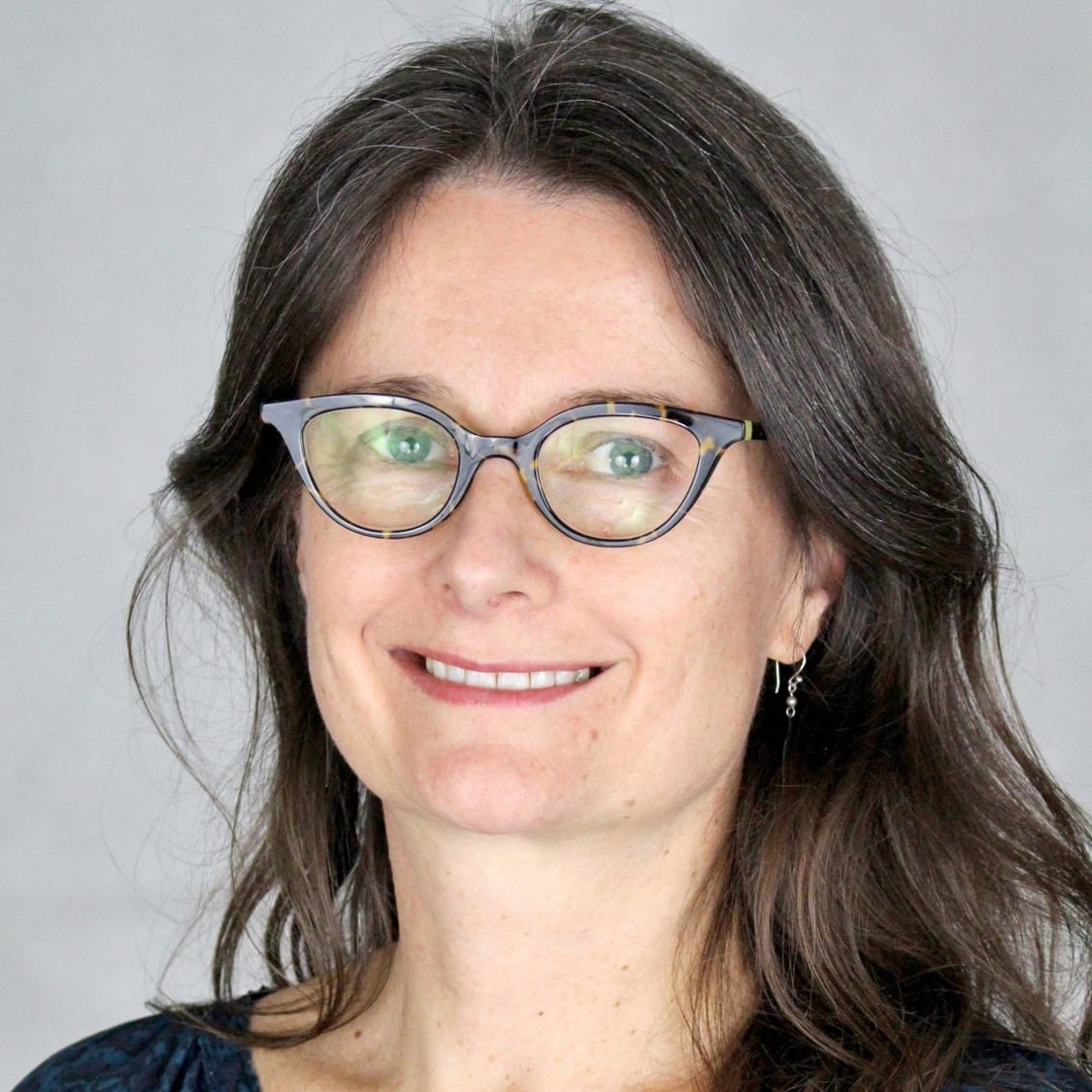
Fellow & Tutor in Medicine and Garden Master
Professor Kim Dora

Professor Kim Dora
Fellow & Tutor in Medicine and Garden Master
Professor of Microvascular Pharmacology
BHF Senior Basic Science Research Fellow
Education
BSc (ANU), PhD (Tasmania), MA (Oxford)
Professor Dora is a Fellow in Physiological Sciences (Pharmacology) and her research interests focus on cell-cell communication in resistance arteries. Predominantly focusing on signalling pathways within the endothelium, she uses sophisticated and novel techniques to monitor rapid changes in intracellular Ca2+ and how they link to the activation of dilator pathways.
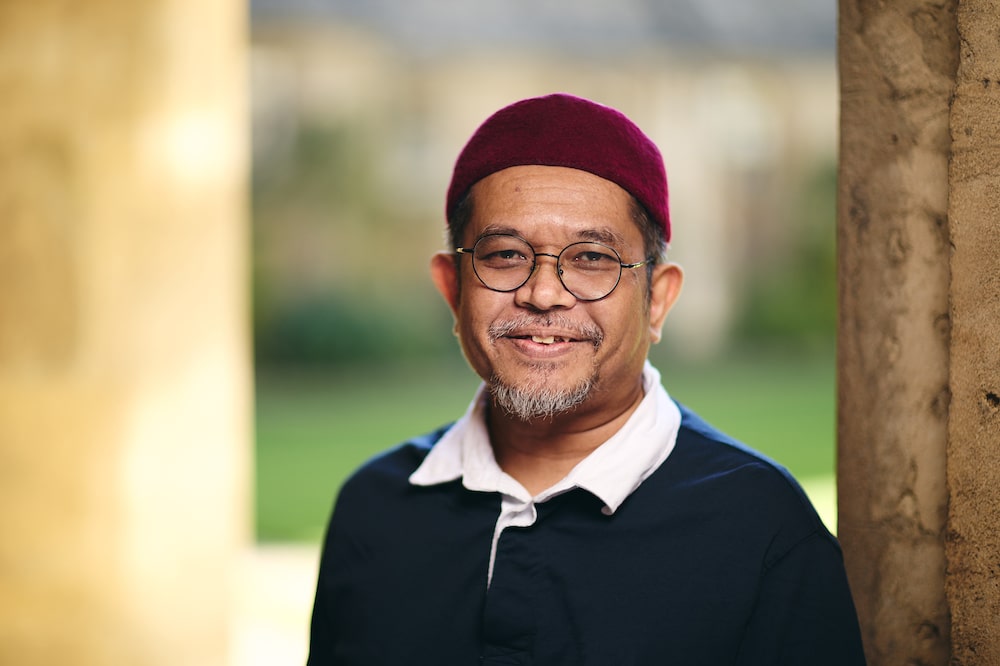
KFAS Fellow in Islamic Studies & Lecturer in Theology
Dr Afifi al-Akiti

Dr Afifi al-Akiti DPCM DPMS PMP
KFAS Fellow in Islamic Studies & Lecturer in Theology
Supernumerary & Governing Body Fellow
University of Oxford Muslim Chaplain
Education
BA (Belfast), MSt DPhil (Oxford)
Dr Afifi al-Akiti is a Fellow at Worcester College and as one of the University lecturers on Islam he oversees the teaching provision in the Theology & Religion Faculty. He teaches on all aspects of Islamic Studies.
- Islamic theology, philosophy and science.
- The works of al-Ghazali (d. 1111), especially with regard to the influences from the Greek philosophical tradition and, most notably, the writings of Avicenna (d. 1058).
- The relationship between science and religion in the Islamic world with particular attention to the reception of the rational sciences in the kalam tradition and in madrasa culture.
- Medieval Arabic manuscripts and Moroccan religious lithographs (Hajariyyat).
- Medieval Islamic astronomy (`ilm al-falak).
- Islamic law, primarily the Shafi’i school.

Fellow & Tutor in Law
Dr James Edwards

Dr James Edwards
Fellow & Tutor in Law
Associate Professor of Law
Education
BCL MSt DPhil (Oxford), MA (Cambridge)
I read law as an undergraduate at Cambridge, before moving to Oxford for postgraduate study. I was brought up just outside York, where I attended my local comprehensive school. Though I worried that the surroundings would be too alien, and the courses too difficult, my student years – in both Cambridge and Oxford – were some of the best of my life. I made great friends, learnt a tremendous amount and fell in love with my subject. I strongly believe that Oxford needs more students from a wide range of different backgrounds. If you’re intellectually curious and hard working, I urge you to apply for a place. Our Admissions Office will happily answer any questions you may have.
At Worcester I teach Criminal Law and Jurisprudence to undergraduate students. I teach Jurisprudence and Political Theory, and Philosophical Foundations of the Common Law, to graduate students on the BCL/MJur.
I’m interested in legal, moral and political philosophy, with a particular interest in the philosophical foundations of the criminal law.
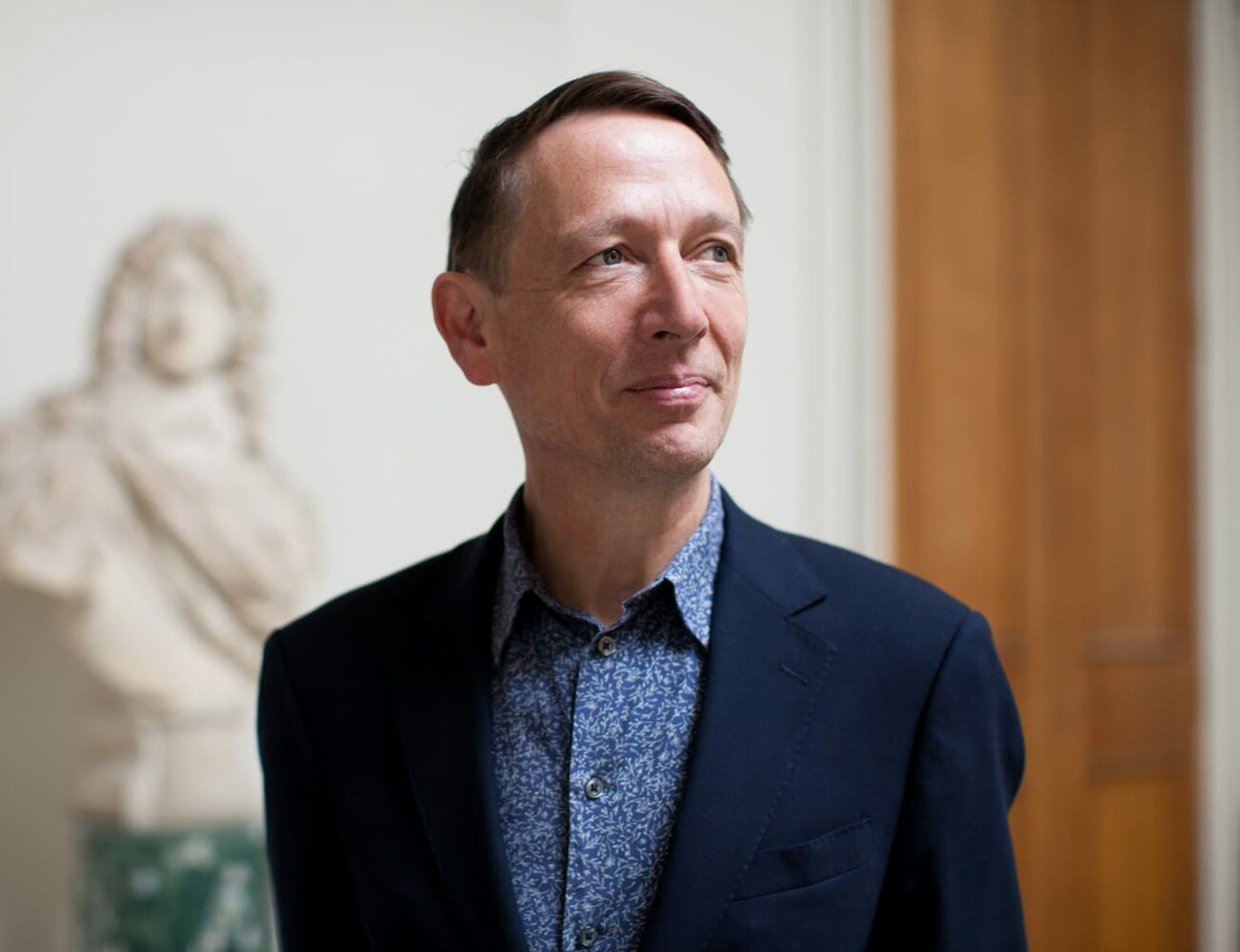
Director of Ashmolean Museum and Keeper of the Pictures
Dr Xa Sturgis

Dr Xa Sturgis CBE
Director of Ashmolean Museum and Keeper of the Pictures
Supernumerary & Governing Body Fellow
Education
MA (Oxford), PhD (Courtauld)
Xa Sturgis has been Director of the Ashmolean Museum since 2014. Before taking up his current post he was Director of the Holburne Museum, Bath (2005-2014) where he oversaw the Museum’s major renovation and extension. From 1990 to 2005 he worked at the National Gallery in a number of roles including Exhibitions and Programmes Curator.
Among the exhibitions he has curated and his publications are: Telling Time (NG, 2000); Bill Viola: the Passions (NG, 2003/4); Rebels and Martyrs: The Image of the Artist in the 19th century (NG, 2006); Presence, The Art of Portrait Sculpture (Holburne, 2012); and Jeff Koons at the Ashmolean (Ashmolean, 2019).
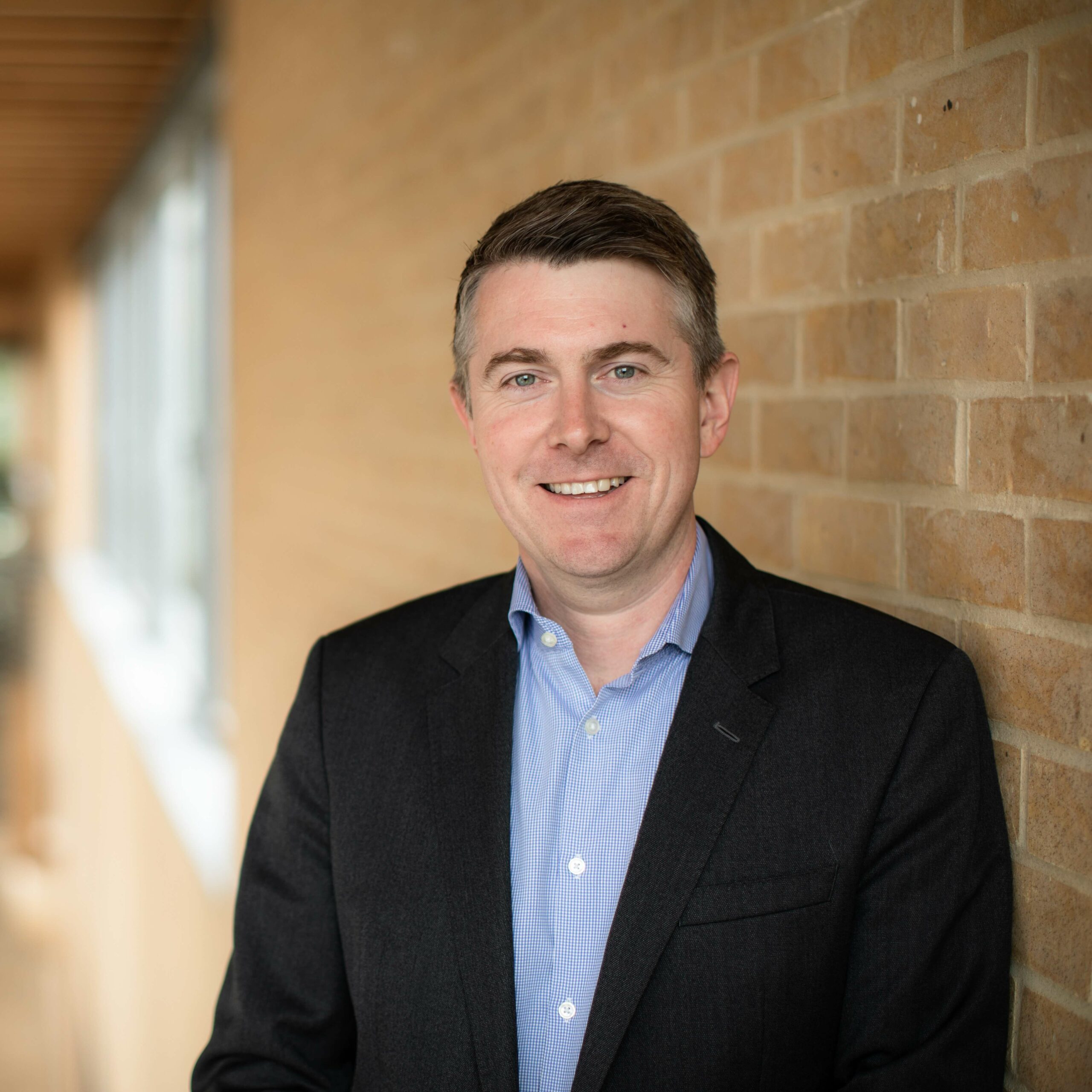
L’Oréal Professor of Marketing
Professor Andrew Stephen

Professor Andrew Stephen AM
L’Oréal Professor of Marketing
Professorial Fellow
Deputy Dean for Faculty and Research, Saïd Business School
Education
BSc (Queensland), MPhil PhD (Columbia)
Andrew is one of the world’s leading academic marketing experts. At Oxford Saïd, Andrew is Deputy Dean for Faculty and Research, responsible for all academic matters at the School. As L’Oréal Professor of Marketing, he is the University’s most-senior marketing academic and leads the School’s group of marketing faculty members and research staff, as well as serving as the director of the Oxford Future of Marketing Initiative.
Andrew is one of the world’s top marketing academics and is a leading voice on the future of the marketing, media, and advertising industries. His research and industry engagement work focuses predominantly on issues related to new technologies in marketing (such as AI) and how both customers and businesses can benefit from new technologies. He is a strong proponent of the use of data-centric, analytics-enabled, evidence-based approaches to marketing practice. His research over the last decade has made significant contributions to our understandings of digital marketing, social media, advertising and consumer behaviour. He is recognised by the American Marketing Association as one of the top marketing academics in the world (including #1 in the UK), was featured as one of the top 40 business school professors under 40 by Poets and Quants (in 2015), and has won numerous awards for research excellence.
At Oxford, Andrew oversees the entire marketing curriculum. Presently, the marketing faculty offer courses to students in the undergraduate, MBA, Executive MBA and DPhil programmes. The group also offers three open executive education programmes and contributes to many other custom and open executive programmes from time to time.
As a prolific researcher in marketing, Andrew has published in all of the leading academic journals in marketing, as well as in professional outlets such as Harvard Business Review and MIT Sloan Management Review and top psychology journals. He previously served as co-editor of the International Journal of Research in Marketing and is currently editor of the Journal of Consumer Research (the world’s premier academic journal focused on consumer research and one of the top four academic journals in marketing).
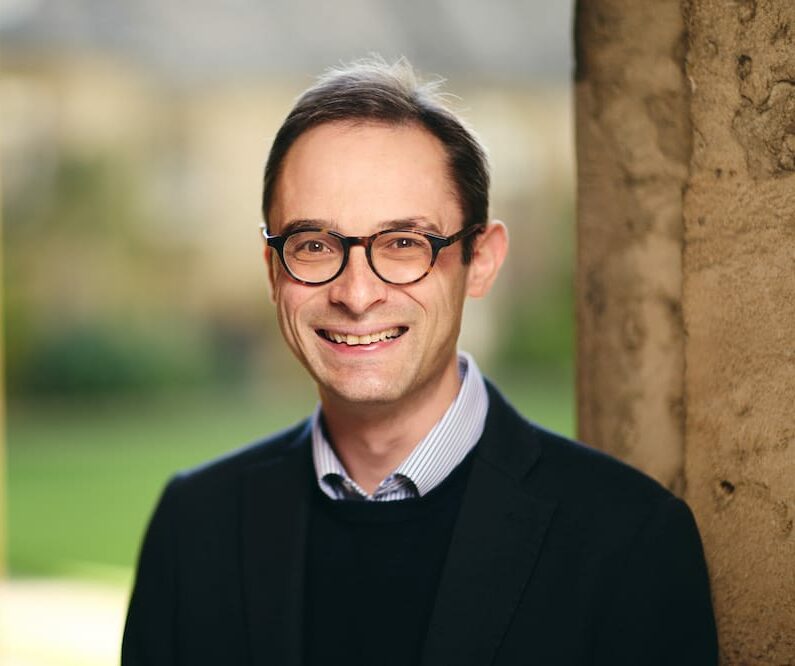
Fellow Librarian & Keeper of the Archives
Mark Bainbridge

Mark Bainbridge
Fellow Librarian & Keeper of the Archives
Data Protection Officer
Education
MA MPhil (Oxford), MSc (City, London)
As Librarian, I am responsible for the College’s libraries. I run the modern library for current members and care for the historic library’s special collections of manuscripts, early printed books, prints and drawings, making them available to researchers. I have been at Worcester since 2011.
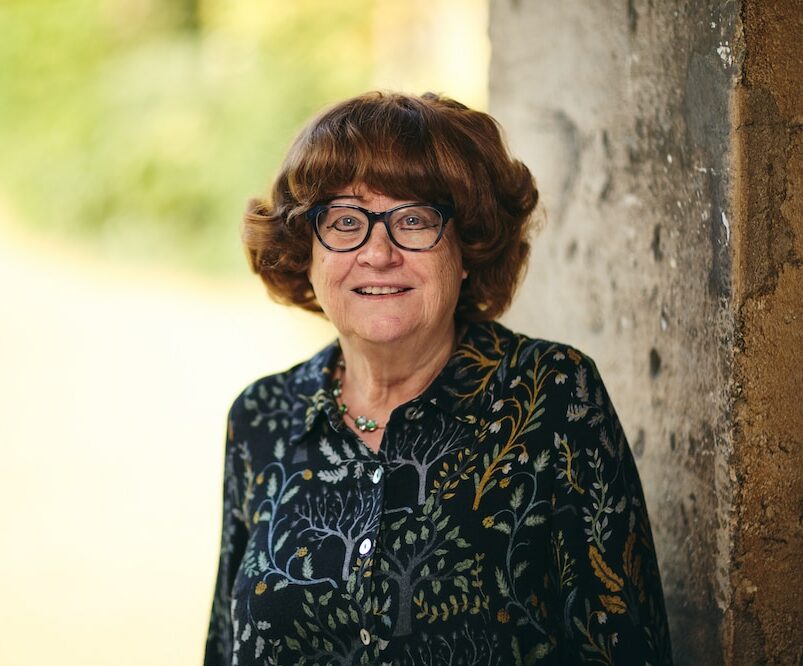
Fellow & Lecturer in Latin and Steward of the Senior Common Room
Dr Peta Fowler

Dr Peta Fowler
Fellow & Lecturer in Latin and Steward of the Senior Common Room
Education
MA DPhil (Oxford)
Peta Fowler is Worcester’s Fellow Lecturer in Latin.
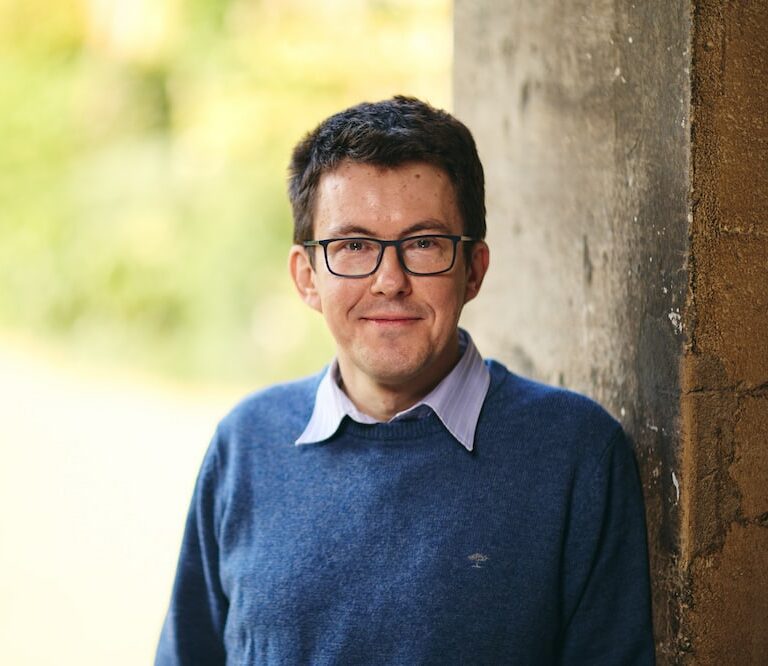
Bernard Sufrin Fellow & Tutor in Computer Science
Professor Andrzej Murawski

Professor Andrzej Murawski
Bernard Sufrin Fellow & Tutor in Computer Science
Associate Professor of Programming Languages
Education
MSc (Nicolaus Copernicus), DPhil (Oxford)
My research concerns the semantics of programing languages and its applications in software verification. I am interested in a broad spectrum of programming paradigms. Some recent examples include higher-order recursion, probabilistic computation, first- and higher-order state, concurrency, exceptions and objects.
Much of my work is based on game semantics, a modelling theory that uses games to model computation (a brief introduction to the area can be found here).
I like to blend research in semantics with automata theory. The latest examples are collapsible pushdown automata, automata over infinite alphabets and tree-stack automata. I am also interested in probabilistic systems in the context of differential privacy and machine learning. For more details, please see my publications page.
I’m involved in the activities of SIGLOG and currently serve as its Vice-Chair. Between 2014 and 2022 I was the Editor of SIGLOG News, which features highly readable surveys of research relevant to SIGLOG. I am also on the Steering Committee of FoSSaCS.
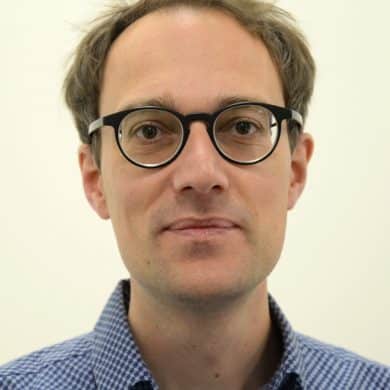
Fellow & Tutor in Earth Sciences
Professor Hauke Marquardt

Professor Hauke Marquardt
Fellow & Tutor in Earth Sciences
Associate Professor of Solid Earth Geosciences
Education
MSc (Eberhard-Karis), Dr rer nat (FU Berlin)
My research focuses on the experimental exploration of material properties at extreme pressure and temperature conditions typical for planetary interiors. I develop and perform both laboratory experiments and measurements at large-scale synchrotron facilities. I use the results to interpret geophysical observations as well as to improve geophysical models of planetary interior dynamics and deep Earth material cycles.
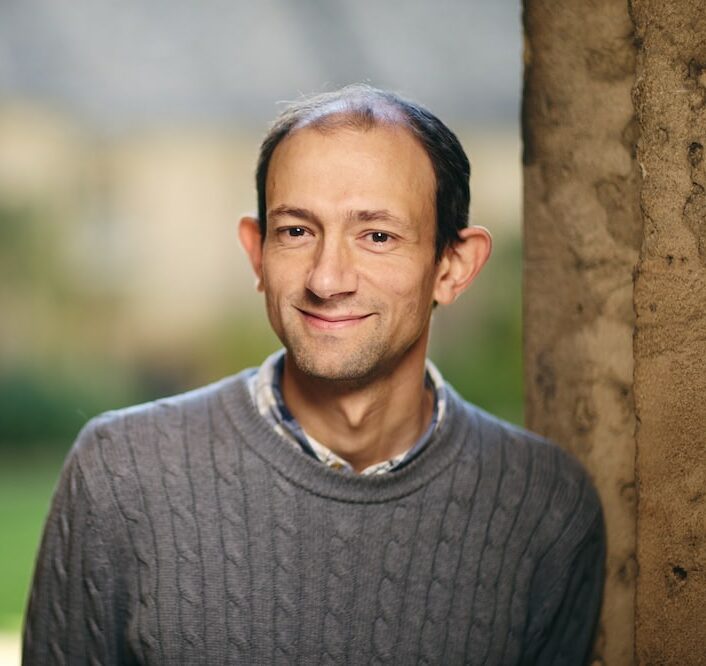
Fellow & Tutor in Physics and Tutor for Graduates
Dr Robert Smith

Dr Robert Smith
Fellow & Tutor in Physics and Tutor for Graduates
Associate Professor of Physics
Education
MA MSc PhD (Cambridge)
I am an experimental physicist focusing on using ultracold atomic gases to study many-body quantum phenomena. The first five years of my research career were spent investigating magnetism, superconductivity and quantum phase transitions in a conventional condensed matter setting of the Quantum Matter group at Cavendish Laboratory, University of Cambridge.
Then in 2008, recognising the potential for the study of many body physics, I decided to switch fields to study cold atomic gases in the group of Zoran Hadzibabic. In 2012 I became a Royal Society University Research Fellow (URF), also based in Cambridge.
In April 2018 I moved to Oxford and continue to hold my Royal Society URF. I have started a new experimental cold atom group and we are building up an ultracold Erbium experiment to study the effects of long-range dipole-dipole interactions on both equilibrium and non-equilibrium many-body quantum phenomena.
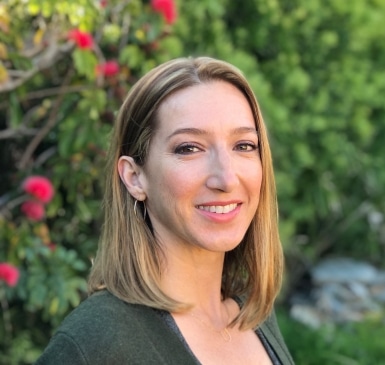
Fellow & Tutor in Geography and Sustainability Fellow
Dr Lisa Wedding

Dr Lisa Wedding
Fellow & Tutor in Geography and Sustainability Fellow
Associate Professor of Physical Geography
Education
BA MA PhD (Hawaii)
For enquiries about Dr Wedding’s role as Sustainability Fellow, please email sustainability@worc.ox.ac.uk
Dr Lisa Wedding is an Associate Professor in Physical Geography and a Tutorial Fellow of Worcester College, the University of Oxford, where she leads The Oxford Seascape Ecology Lab. She is Associate Editor for the npj Ocean Sustainability journal and Editorial Board Member for the Landscape Ecology journal. Dr Wedding previously held a Research Associate position at the Center for Ocean Solutions, Stanford University, and was a Postdoctoral Research Scholar at the University of California at Santa Cruz, USA.
Dr Wedding’s research focuses on understanding the social-ecological causes and consequences of spatial patterns and ecological processes in the marine environment. Increasingly, her research is positioned at the interface between science and policy and where she often works with a highly interdisciplinary team of lawyers, social scientists, and practitioners to link place-based scientific research findings to inform ocean governance.
Undergraduate
Dr Wedding co-leads the Geographical Techniques and Physical Geography Fieldwork courses for first year students of the Oxford Geography degree, focused on field and analytical techniques for ecological sampling. She also teaches the marine ecology content in the Prelims foundational course ‘Earth System Processes’ and the Final Honour School foundational course ‘Environmental Geography’. Dr Wedding developed and co-leads the Final Honour School option ‘Geographic Data Science’.
Postgraduate
Dr Wedding developed the ‘Seascape Ecology and Conservation’ elective module for the SoGE MSc/MPhil programmes. She also teaches the marine ecology content in the MSc in Biodiversity, Conservation and Management core modules. In addition, Dr Wedding leads the ‘Coral Reefs in the Anthropocene’ lecture course for the Environmental Change and Management MSc students in the School of Geography and the Environment. She was awarded Teaching Development and Enhancement Project Funding in 2021 to develop a new postgraduate elective module on ‘Diversifying the Curriculum Through Multiple Ways of Knowing’.
Dr Wedding’s Oxford Seascape Ecology Lab is centred on three main thematic areas of research, including:
- seascape ecology and conservation
- cultural seascapes and ecosystem services
- linking geospatial data science to ocean governance solutions
Read more about these research areas on the lab’s research page. Learn more about our current Bertarelli-funded project where our team is studying island restoration and land-sea ecological connectivity.
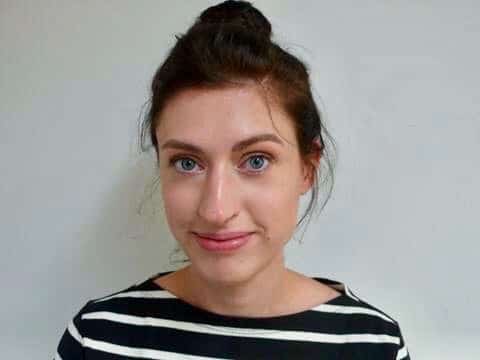
Fellow & Tutor in Theology and Religion
Dr Laura Quick

Dr Laura Quick
Fellow & Tutor in Theology and Religion
Associate Professor of Hebrew Bible
Education
BA (Cardiff), MA (Durham), DPhil (Oxford)
I completed my doctorate in Hebrew Bible at the University of Oxford, before taking up an Assistant Professorship in Religion and Judaic Studies at Princeton University in Autumn 2017. In 2019 I returned to Oxford, where I am currently Associate Professor of Hebrew Bible. I am an editor of Library of Hebrew Bible/Old Testament Studies (Bloomsbury T&T Clark)
I am Director of Studies for Theology and Religion and teach undergraduate and graduate students in biblical literature of all periods, with an eye to the literatures and cultures of the wider ancient eastern Mediterranean.
My research is focussed on the Hebrew Bible against the background of ancient Near Eastern literary culture. My work seeks to recover the value concepts and aesthetic judgements of ancient Near Eastern literature through the language of the texts.
Research interests include: Hebrew Bible and its history of interpretation, the comparative method, material culture, embodiment, and women and gender in the ancient Near East. I am currently researching the concepts of beauty and aesthetics in the ancient Eastern Mediterranean.
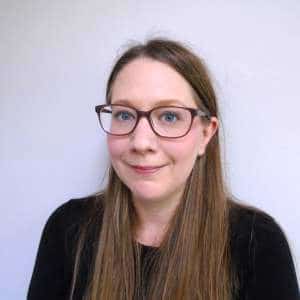
Career Development Fellow & Tutor in Public and EU Law
Dr Leah Trueblood

Fun fact
Leah spends most of her time doing her best to perpetuate Canadian stereotypes.
Dr Leah Trueblood
Career Development Fellow & Tutor in Public and EU Law
British Academy Postdoctoral Fellow, Bonavero Institute of Human Rights
Education
BA (Alberta), LLB (LSE), MSt DPhil (Oxford)
Leah is a Career Development Fellow in Public Law. She holds degrees in philosophy, law, and the philosophy of law.
She holds first-class degrees in philosophy from the University of Alberta and in law from the London School of Economics. She completed her DPhil research at Oxford in 2019. Her graduate work was funded by University College, Oxford and the Pierre Elliott Trudeau Foundation. She has been the recipient of grants from the John Fell Fund, the British Academy, and the Leverhulme Trust.
Leah teaches Constitutional and Administrative Law to undergraduate students for the College. She also teaches Constitutional Theory and Advanced Administrative Law to graduate Students for the Law Faculty.
Leah’s research is at the intersection of Public Law and Public Policy. She is particularly interested in referendums, political parties, and the role of scientific advice in democratic decision-making.
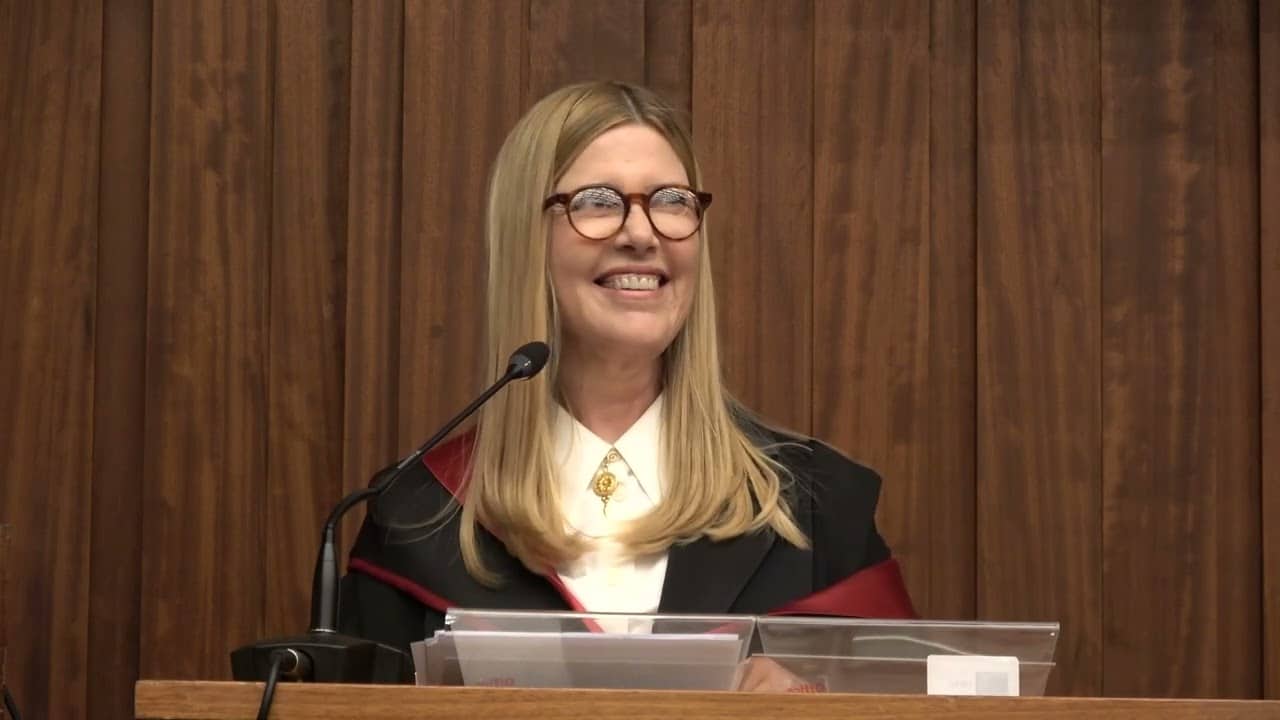
Professor of Taxation Law
Professor Tsilly Dagan

Professor Tsilly Dagan
Professor of Taxation Law
Professorial Fellow
Director of the MSc in Taxation
Education
LLB (Tel Aviv), LLM (NYU)
Tsilly Dagan is Professor of Taxation Law at Oxford University and a Fellow of Worcester College. Professor Dagan’s main fields of research and teaching are tax law and policy (both domestic and international) and the interaction of the state and the market. Her book International Tax Policy: Between Competition and Cooperation (Cambridge University Press) is the winner of the 2017 Frans Vanistendael Award for International Tax Law. Professor Dagan studied law at Tel Aviv University (LL.B., S.J.D.) and New York University (LL.M in Taxation) and joined Bar-Ilan University where she served as Associate Dean for Research as well as Editor-in-Chief of the law review and was appointed the Raoul Wallenberg Professor of Law. Professor Dagan has taught and researched as a scholar in residence at the University of Michigan, University of Western Ontario, and Columbia University, and was a member of the Group on Global Justice at the Institute of Advanced Studies, Jerusalem. She is the co-founder of the Oxford-Virginia Legal Dialogs and the International Tax Governance and Justice Workshop.

David Mitchell Fellow & Tutor in Philosophy
Dr Natalia Waights Hickman

Dr Natalia Waights Hickman
David Mitchell Fellow & Tutor in Philosophy
Associate Professor of Philosophy
Education
MA (Reading), MA DPhil (Oxford)
My work falls mainly within contemporary philosophy of language, epistemology and philosophy of action. Most of my research relates either to linguistic (especially semantic) knowledge or to practical knowledge and skill, and sometimes to connections between these. More broadly, my work engages with theories of normativity in relation to skill, factual knowledge, thought and reasoning, and linguistic communication. I also have a general interest in the work of Gilbert Ryle, especially his relatively neglected work on thinking and improvisation.
I teach the undergraduate finals papers in Knowledge and Reality, Philosophy of Logic and Language, Wittgenstein, Philosophy of Mind, and Ethics. I will also be teaching first-year General Philosophy and Introduction to Logic. In Michaelmas 2019, I will be teaching a graduate (BPhil) class on Knowledge, Reason and Action, with Prof. John Hyman.
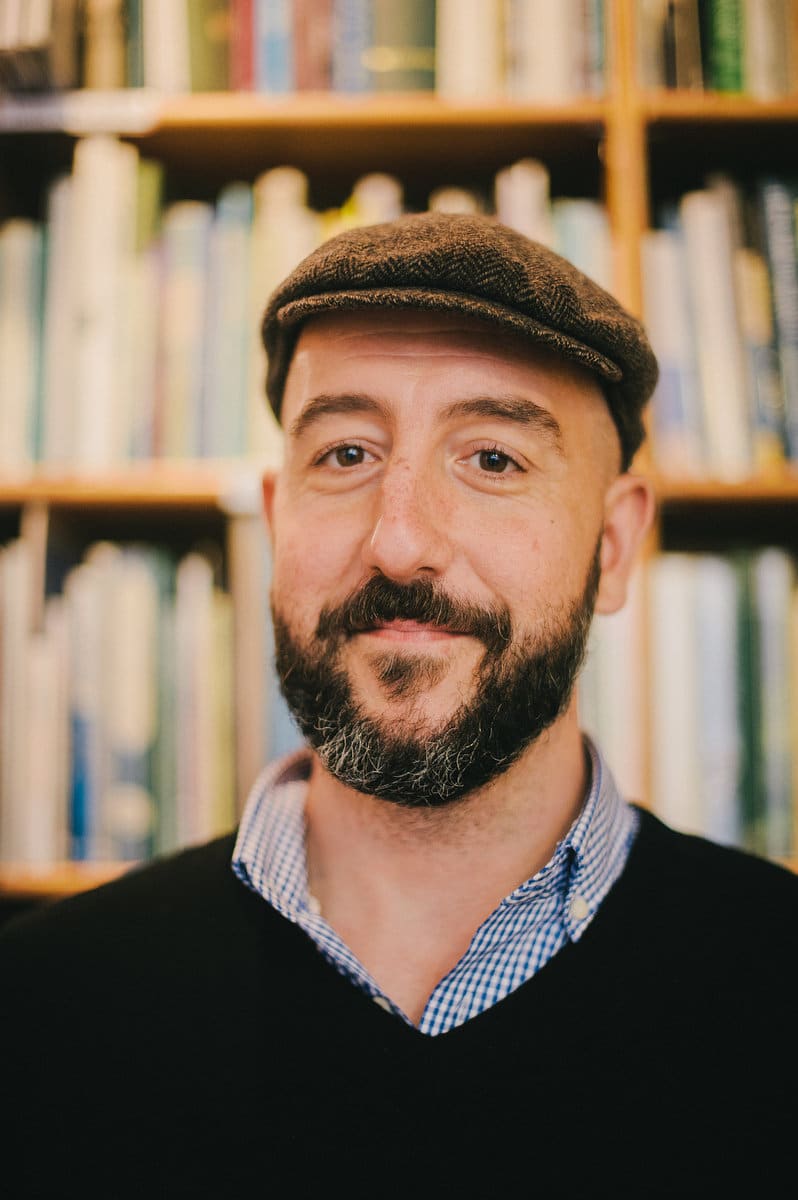
Director of the Visiting Student Programme
Dr Michael Mayo

Dr Michael Mayo
Director of the Visiting Student Programme
Governing Body Fellow
Education
MA (Harvard), MSc (Edinburgh), DPhil (Oxford)
I run Worcester’s Visiting Student Programme, which welcomes about 28 students from around the world each term. I organize a reading group for undergraduates, graduates, staff, and guests to study Marx’s Capital. I was the first person in my family to go to university; I started a free, state school for inner-city children back in my Boston (US) neighbourhood; and I am involved in a range of programmes to increase access to Oxford.
I lead tutorials in Anglophone literature from 1830 to the present day, and I have supervised many undergraduate dissertations on subjects ranging from Working-Class Film in Scotland and Wales to Prison Literature of Northern Ireland to musical composers who use tweets as orchestral scores.
My research focuses on the work of modernist writers and their engagement with religion, psychoanalysis, and ideology. My book, James Joyce and the Jesuits (2020, Cambridge UP) examines the ways James Joyce used The Spiritual Exercises of Ignatius of Loyola to produce a certain kind of labour for his readers, a labour that engages the psychoanalytic transference to unravel our understanding of what ‘believing’ means, especially when it comes to representation, language, and social relations. I’ve also published work on literature about the Sacco and Vanzetti case as well work on Arthur Conan Doyle and others.

Edward and Catherine Wray Fellow & Tutor in Engineering
Professor Wouter Mostert

Professor Wouter Mostert
Edward and Catherine Wray Fellow & Tutor in Engineering
Associate Professor of Engineering
Education
BE PhD (Queensland)
Wouter Mostert earned his PhD at the University of Queensland in 2015, on the topic of hydrodynamic stability of magnetohydrodynamic implosions, with application to inertial fusion energy, and in the propagation of shock waves. As a postdoc, he continued in this work at Caltech, before moving to study breaking ocean waves at Princeton University. He continued with this research as an Assistant Professor at the Missouri University of Science and Technology, before joining Oxford in the Environmental Fluid Mechanics group.
Wouter Mostert has interests in fluid mechanics, namely in air-sea interaction and flux of mass, momentum and energy primarily due to wave breaking, along with the associated dynamics of bubbles and droplets, which play a large role in these kinds of problems. He is further interested in the effects of ocean wave systems on sediment and pollutant transport, along with better understanding wave loadings on civil infrastructure.
His current interests are in understanding energy, bubble and droplet statistics in plunging breakers; in wind-driven spume generation processes in ocean waves; in the dissipative properties of shallow-water breakers and coastal wave systems; and the combined effects of wind, waves and storm surge on coastal infrastructure.
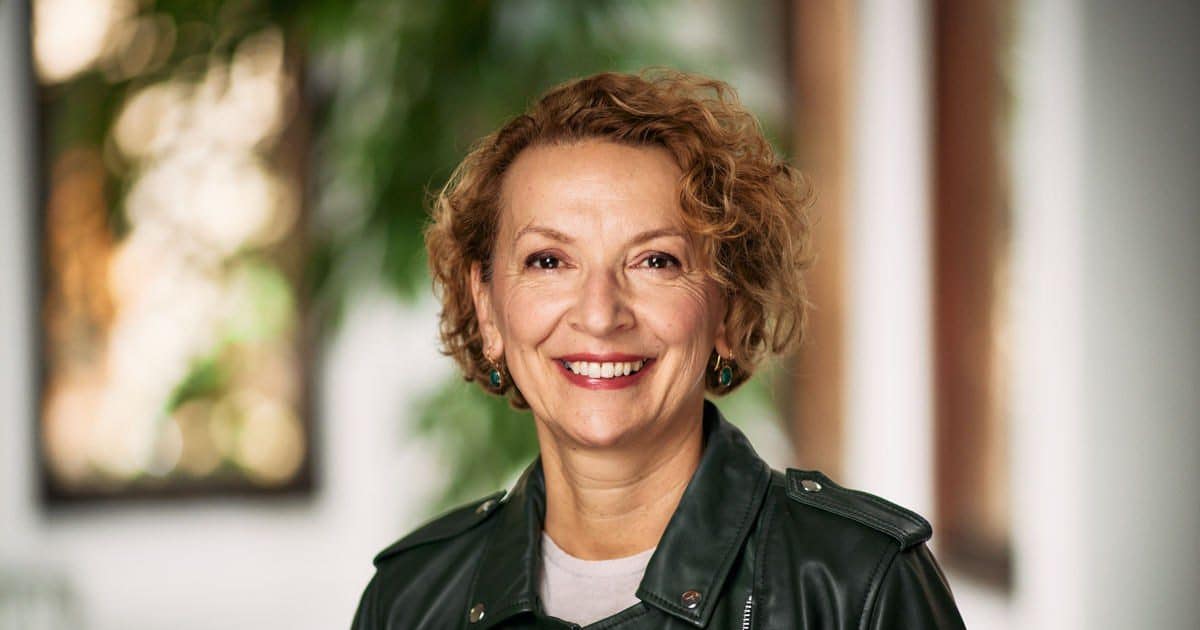
Professor of Modern History
Professor Patricia Clavin

Professor Patricia Clavin FRHistS FBA
Professor of Modern History
Professorial Fellow
Prevent Duty Independent Assessor
Education
BA PhD (King's College London)
My research and teaching centre on the history of Europe’s transnational and international relations from 1850. I am especially interested in the relationship between states, civil society and markets, nationally and internationally. It has led me to write on the history of Europe in the Great Depression; the origins and outcomes of the two world wars; transnational methodologies; the international history of law, and the League of Nations and United Nations. I am writing a book on the history of ‘human security’ in Europe (which includes Britain). It recovers how notions of security concerned the habitability of the environment, the stability of the capitalist order, and the ‘intactness’ of the human body. I am working together with colleagues in global history and in the department of International Relations on the ‘Histories and Futures of Global Order’, and have a new project on the history of food systems.
I am a Fellow of the British Academy; a Foreign Member of the Norwegian Academy of Science and Letters; an Associate Researcher of the Centre Marc Bloch, Berlin; and an Associate Member of the ‘Future of Food’ programme at the Oxford Martin School. I serve on the editorial board of Past and Present.
- History of regional and global organizations, and international activism
- History of food
- History of capitalism
My published work includes books on The History of the Great Depression in Europe, 1929-1939 (London, 2000), The Failure of Economic Diplomacy: Britain, Germany, France and the USA, 1931-1936 (London, 1996), and a History of Modern Europe Since 1850 (London, 1996 and 2003), co-authored with Asa Briggs. My book, Securing the World Economy: The Reinvention of the League of Nations (Oxford, 2013) won the British Academy Medal. I published an edited collection with Glenda Sluga, Internationalisms: A Twentieth-Century History (Cambridge, 2017).
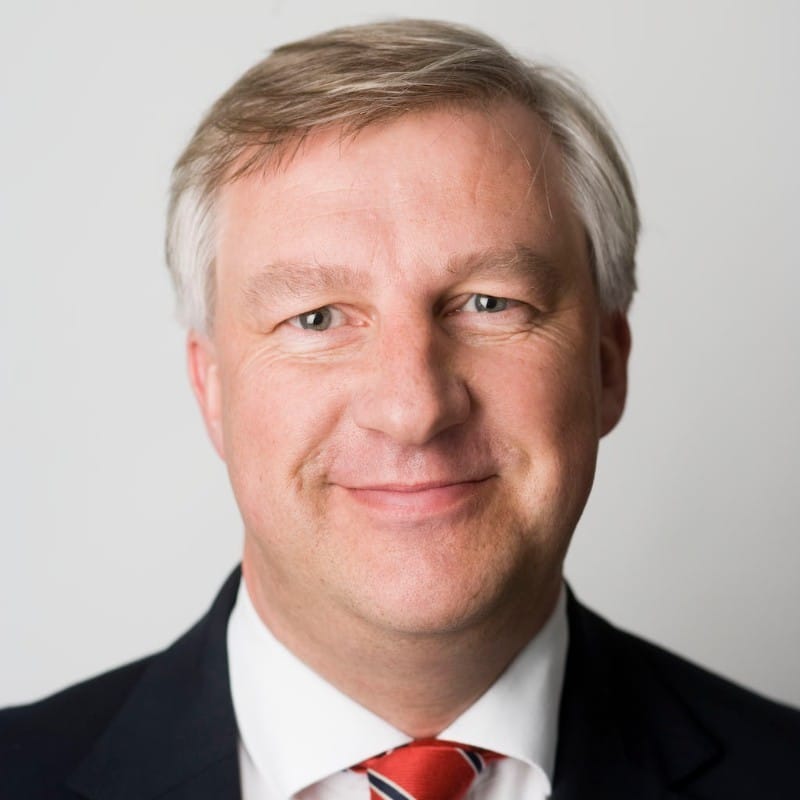
Finance & Estates Bursar
Mike Huggins

Mike Huggins FCA
Finance & Estates Bursar
Governing Body Fellow
Education
BA (Hons) MA DChA
As Finance & Estates Bursar, Mike Huggins has overall responsibility for the College’s finances, endowment, estate, information technology, HR, legal and compliance, risk management and domestic operations. Mike qualified as a Chartered Accountant in 1988 and was an Audit partner specialising in charities for twenty-one years. He then became the CFO of a national accounting firm and is the Treasurer, and a Trustee, of the Shakespeare Birthplace Trust.
His PA is Emily Sahadeva (emily.sahadeva@worc.ox.ac.uk 01865 278330).
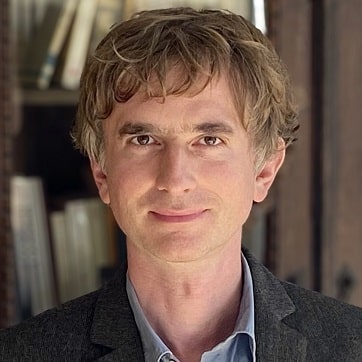
Professor of Pure Mathematics
Professor Emmanuel Breuillard

Professor Emmanuel Breuillard FRS
Professor of Pure Mathematics
Professorial Fellow
Education
BSc (ENS Paris), PhD (Yale)
Emmanuel Breuillard is Professor of Pure Mathematics at the University of Oxford Mathematical Institute.
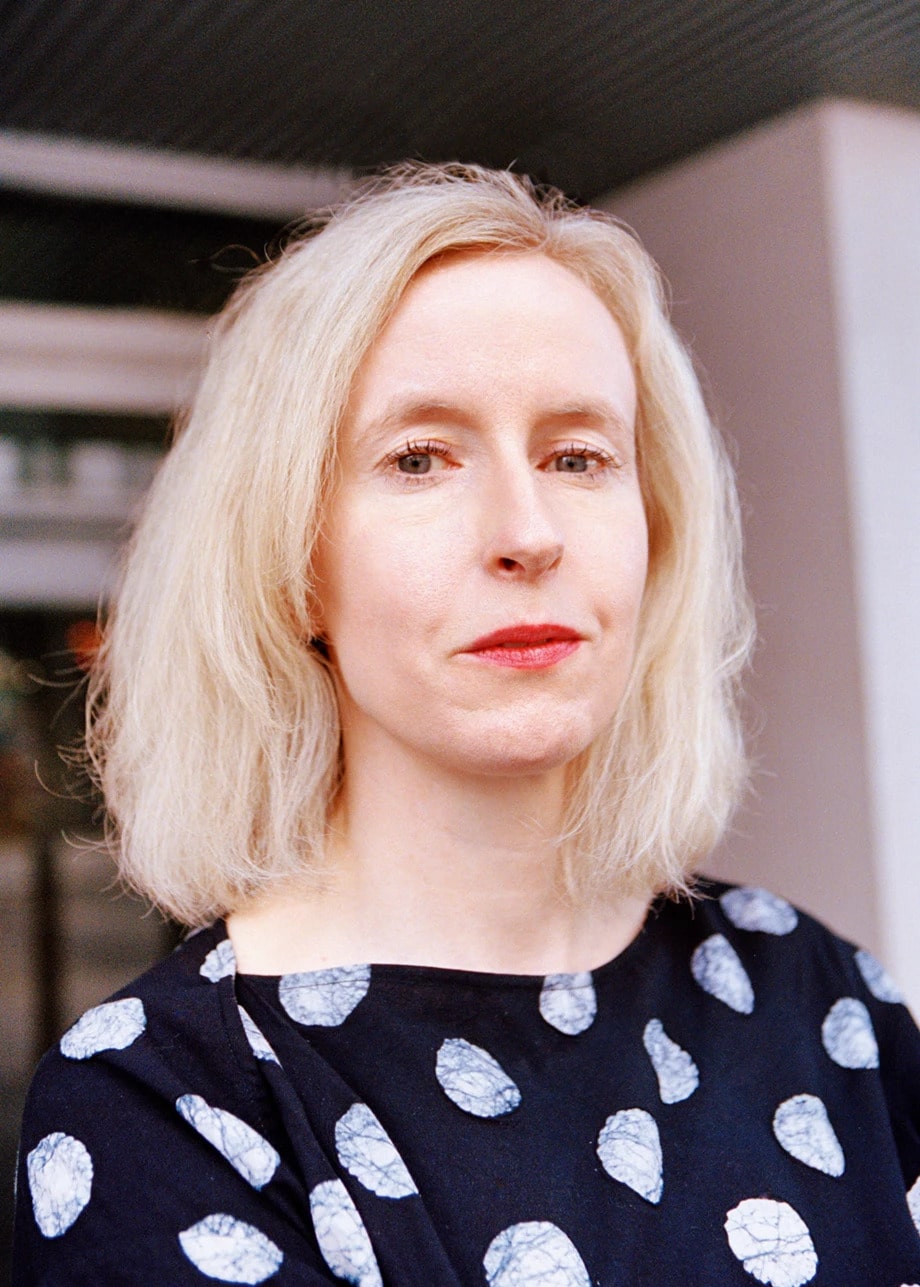
Fellow & Tutor in Music
Professor Jennifer Walshe

Fun fact
Jen has assumed multiple alter egos for her Grúpat project
Professor Jennifer Walshe
Fellow & Tutor in Music
Professor of Composition
Education
Bmus (RSAMD), PhD (Northwestern)
‘The most original compositional voice to emerge from Ireland in the past 20 years’ (The Irish Times) and ‘Wild girl of Darmstadt’ (Frankfurter Rundschau), composer and performer Jennifer Walshe was born in Dublin, Ireland. Her music has been commissioned, broadcast and performed all over the world. She has been the recipient of fellowships and prizes from the Foundation for Contemporary Arts, New York, the DAAD Berliner Künstlerprogramm, the Internationales Musikinstitut, Darmstadt and Akademie Schloss Solitude among others.
Recent projects include TIME TIME TIME, an opera written in collaboration with the philosopher Timothy Morton, and THE SITE OF AN INVESTIGATION, a 30-minute epic for Walshe’s voice and orchestra, commissioned by the National Symphony Orchestra of Ireland. THE SITE has been performed by Walshe and the NSO, the BBC Scottish Symphony Orchestra and also the Lithuanian State Symphony Orchestra. Walshe has worked extensively with AI. ULTRACHUNK, made in collaboration with Memo Akten in 2018, features an AI-generated version of Walshe. A Late Anthology of Early Music Vol. 1: Ancient to Renaissance, her third solo album, released on Tetbind in 2020, uses AI to rework canonical works from early Western music history. A Late Anthology was chosen as an album of the year in The Irish Times, The Wire and The Quietus.
Walshe is currently Professor of Composition at the University of Oxford. Her work has been profiled by Alex Ross in The New Yorker and by Andrew Dickson in The New York Times.

University of Oxford Chief Financial Officer
Simon Boddie

Simon Boddie ACA
University of Oxford Chief Financial Officer
Supernumerary & Governing Body Fellow
Education
MA (Cambridge)
Simon Boddie is Chief Financial Officer for Oxford University. He joined the Board of Oxford Science Enterprises as a University representative in late 2021. He is also a Non-Executive Director of Learning Technologies Group plc, an AIM listed market leader in the fast growing workplace digital learning and talent management market. Prior to joining Oxford University, he was on the Boards of FTSE 250 businesses for 15 years. From 2016 he was Chief Financial Officer of Coats Group plc, the world’s leading industrial thread manufacturer, and previously Group Finance Director of Electrocomponents plc, the global multi-channel provider of industrial and electronic products and solutions. He was also a Non-Executive Director and Chairman of the Audit Committee of Page Group plc, a listed International professional recruitment company, from 2012 to 2021. Prior to this he worked for Diageo, where he held a variety of senior finance positions, Hill Samuel Bank and Price Waterhouse. Simon is a member of the Institute of Chartered Accountants in England and Wales and has an MA from the University of Cambridge.
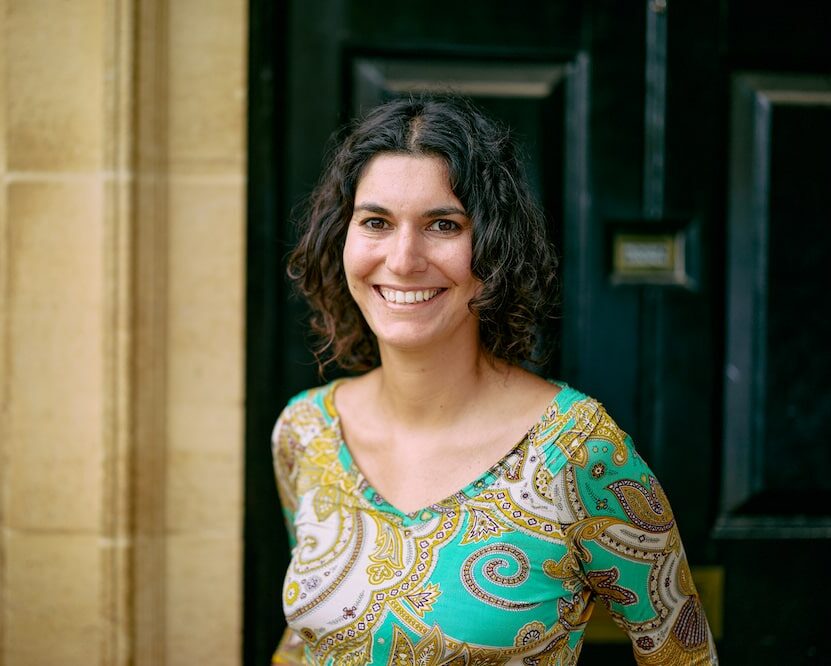
Supernumerary Fellow & Equalities Fellow
Dr Leila Ullrich

Dr Leila Ullrich
Supernumerary Fellow & Equalities Fellow
Associate Professor of Criminology
Education
BSc (LSE), MSc DPhil (Oxford)
Leila is an Associate Professor in Criminology at the Centre for Criminology and a Fellow at Worcester College. She works at the crossroads of international criminal justice, transitional justice, victimology, border criminology and counter-terrorism. She is particularly interested in how global criminal justice institutions create gendered and racialized subjects, and how these subjects (victims, refugees and racialized communities) engage with and resist these processes. She approaches these questions using feminist, decolonial, and critical political economy theories. She is also developing new bottom-up research methods such as qualitative WhatsApp surveying.
Before joining the Centre for Criminology, Leila was a Lecturer in Law at Queen Mary University of London and a British Academy Postdoctoral Fellow at the University of Oxford. In 2017, she received her DPhil in Criminology from the University of Oxford, which explored the International Criminal Court’s victim engagement in The Hague, Kenya and Uganda. Her monograph, The Blame Cascade: Justice for Victims at the International Criminal Court is forthcoming with Oxford University Press.
Outside the academy, Leila worked as social stability analyst on the Syrian refugee crisis at the United Nations Development Programme (UNDP) in Lebanon. She was also the Convenor of the Oxford Transitional Justice Research (OTJR) network and worked for the International Criminal Court (ICC). She is a member of the editorial board of Feminist Legal Studies.
Leila teaches ‘Criminological Theory and Criminal Justice’, ‘Transitional Justice’ and ‘Race and Gender’ on the MSc in Criminology and Criminal Justice, and convenes and teaches on the FHS Criminology and Criminal Justice option. She supervises DPhil students in her areas of research.
Leila is currently pursuing three research projects:
- building on her doctoral work, she analyses the labouring relationships that make and unmake international criminal justice from a social reproduction perspective
- she continues her British-academy funded research on the interplay between terrorism, counter-terrorism and gender based on fieldwork in Lebanon, Kenya and the UK
- she works on the possibilities and challenges of distant, digital and decolonial knowledge production based on her WhatsApp research with Syrian refugees in Lebanon
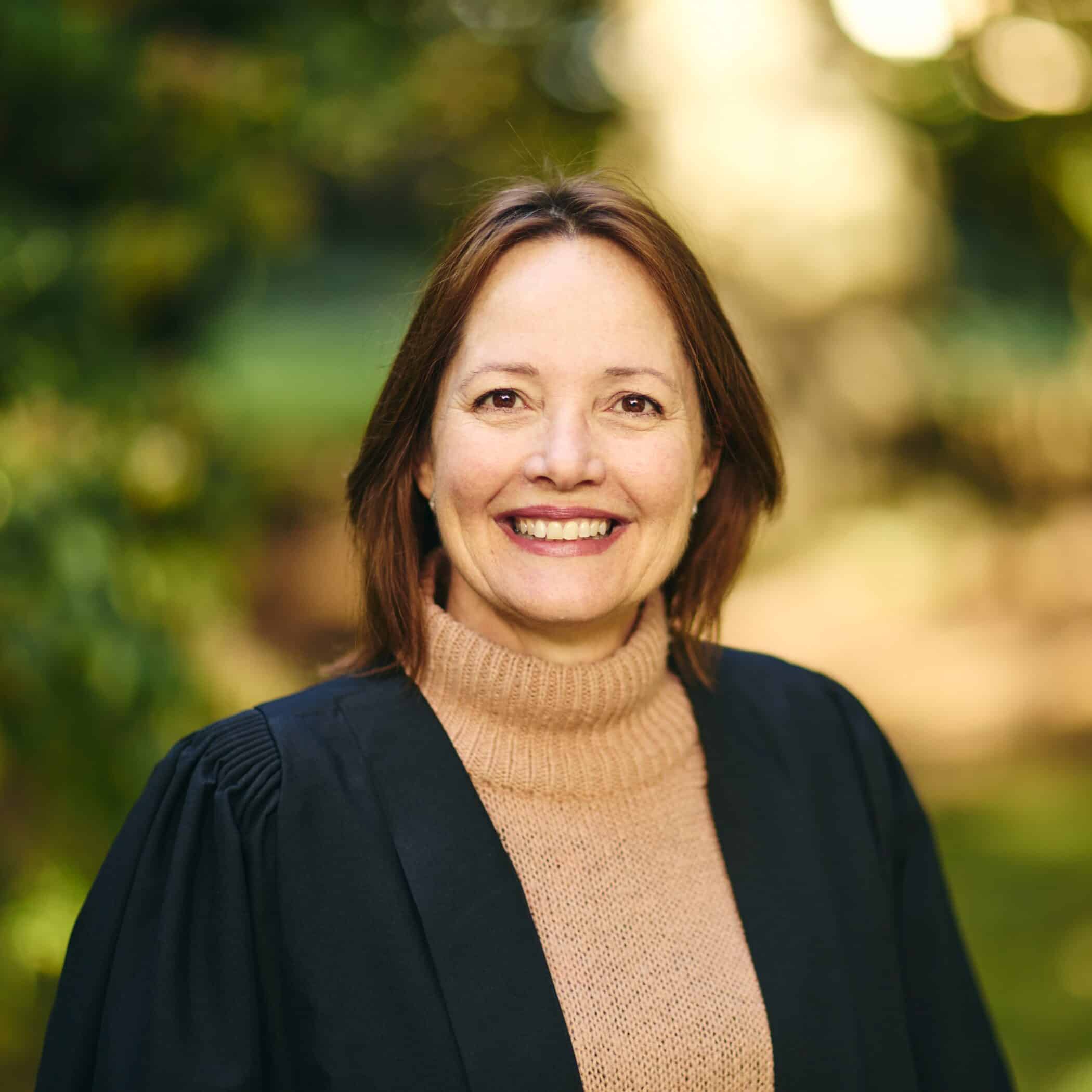
Fellow & Tutor in Biology
Dr Ronelle Roth

Dr Ronelle Roth
Fellow & Tutor in Biology
Associate Professor in Cell and Molecular Plant Biology
Royal Society University Research Fellow
Education
BSc (King's College London), DPhil (Oxford)
Ronelle Roth is Fellow & Tutor in Biology at Worcester College. The focus of Ronelle’s group is to obtain a mechanistic understanding of the cross-talk that exist between plants and beneficial arbuscular mycorrhizal (AM) fungi. Her research is important for sustainable food security as AM symbiosis enhances crop productivity while minimising the reliance on chemical inputs.
During her post-doctoral research at University of Cambridge, Ronelle discovered membrane bound nanoparticles, called extracellular vesicles, accumulate at intracellular plant and fungal symbiotic interfaces. In animals, extracellular vesicles mediate cell-cell communication, yet in plants, their function remains less well understood. Ronelle’s group uses molecular and cell biology approaches to identify cargoes of extracellular vesicles, to understand their biogenesis and spatio-temporal dynamics and to determine the role of extracellular vesicles in modulating the AM symbiosis.
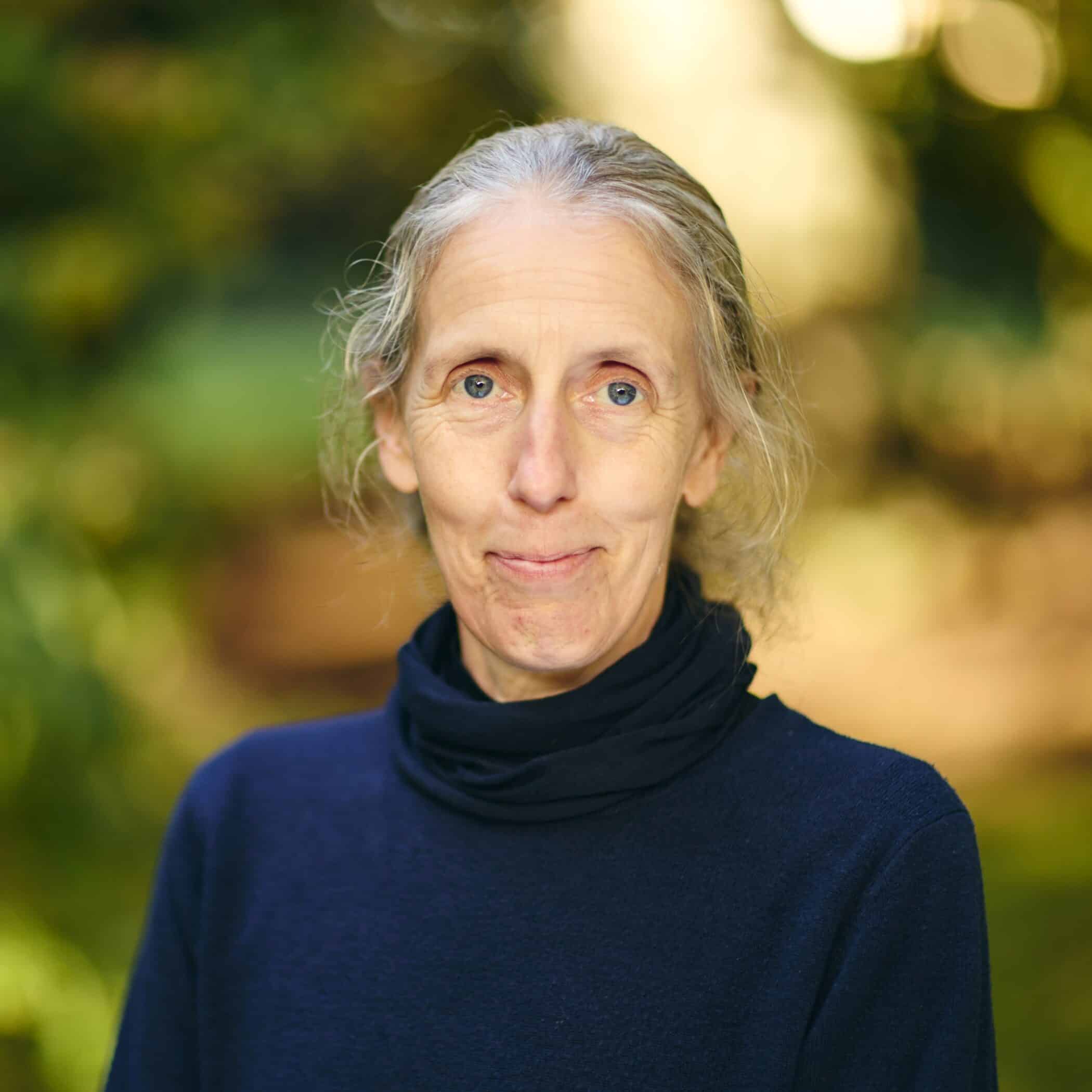
Senior Tutor
Dr Helen Parish

Dr Helen Parish
Senior Tutor
Governing Body Fellow
Education
MA (St Andrews), DPhil (Oxford)
Helen Parish joined Worcester from the University of Reading, where she was Professor in Early Modern History and Head of School in Humanities. Her academic work is focused on the history of belief, broadly understood, including the European Reformations, church and clergy, alongside debates over superstition, magic, witchcraft and the supernatural, and the connections between religion and natural history. As Senior Tutor, she is responsible for the strategic planning and oversight of the College’s academic activities, and for undergraduate admissions.
My research and teaching explore the history of belief, broadly understood, in the late medieval and early modern period. This includes the history of the European Reformations, church and clergy, as well as ideas about magic, witchcraft and the supernatural, and the connections between religion and natural history.
Understanding the multiple lenses through which the world was viewed in this period enables us to ask informed questions of the past, and interrogate the broad range of evidence and ideas that have shaped the world around us today.
My own research is informed by my training as a historian, but also by the multi-disciplinary approaches to the past that have shaped the study of early modern history. Early projects and publications focused on the Reformation in England and Europe, including debates over clerical celibacy and marriage, miracles, the lives of the saints and their relics, and concepts of authority in the post-Reformation churches. Co-editing a collection of essays on ideas about superstition in the era of the Reformation encouraged me to explore further the often permeable boundary between religion and belief, writing on magic and priestcraft, witchcraft and familiars, and the reading and writing of natural history.
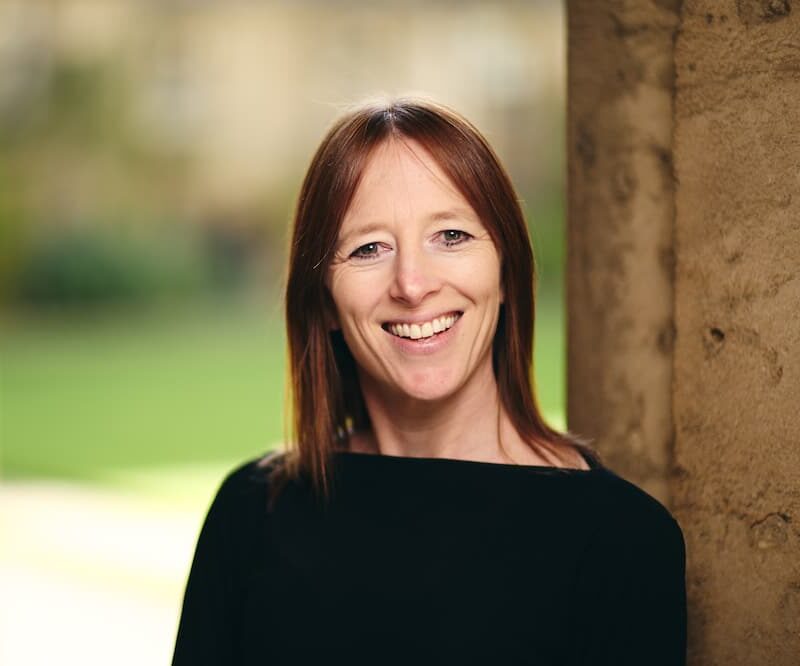
Director of Development
Viola Kerr

Viola Kerr
Director of Development
Governing Body Fellow
Viola Kerr is Worcester’s Director of Development and a Governing Body Fellow. She manages the Development and Alumni Relations team and is responsible for delivering our new Development strategy, an essential component in the success of the College’s five-year strategic plan.
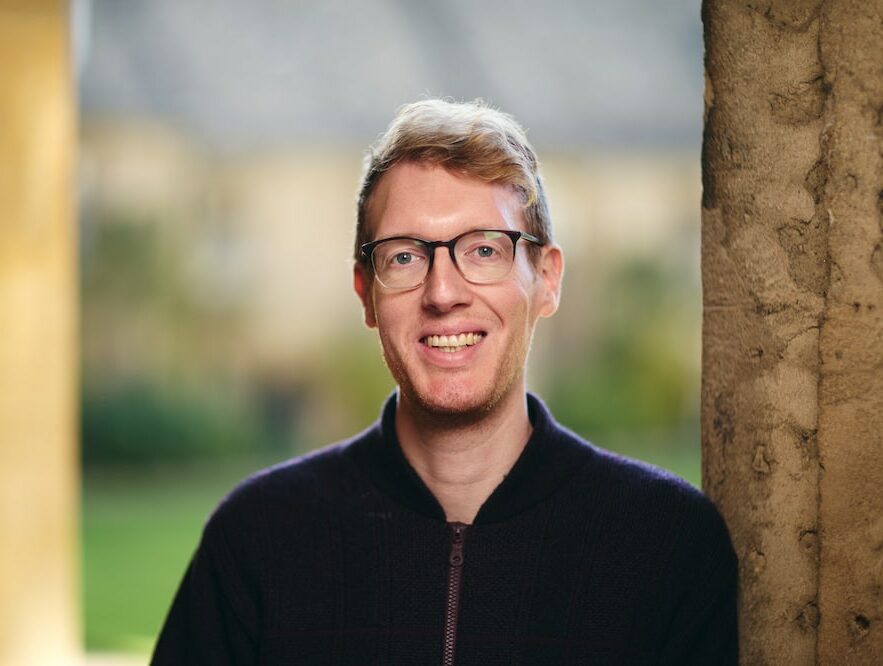
Fellow & Tutor in Physics
Professor Richard D'Arcy

Professor Richard D’Arcy
Fellow & Tutor in Physics
Associate Professor of Particle Accelerator Physics
Education
MA (Durham), MSci PhD (University College London)
Richard is an Associate Professor in Particle Accelerator Physics at the John Adams Institute. His research specialism is the development of novel particle-acceleration techniques, with a particular focus on plasma-wakefield accelerators.
Following undergraduate and graduate degrees at the University of Durham and University College London, respectively, he moved to Fermilab (USA) as a Research Associate and then DESY (Germany) as a Research Fellow.
At DESY he was Group Leader for Beam-Driven Plasma Accelerators as well as Project Coordinator of the FLASHForward experiment for many years. His current research focus is on answering the ‘luminosity question’ of how best to apply plasma accelerators to particle physics and photon science as well as applications in medicine and industry.
Richard welcomes applications from prospective doctoral students with interests in both novel and conventional accelerator research.
Richard teaches Mathematical Methods for Physicists (CP3 and CP4) in the first year and Electromagnetism and Optics (A2) in the second year.
His research specialism is in Particle Accelerator Physics, specifically in the development of Novel Accelerator Technology for the miniaturisation and increased proliferation of particle accelerators. In recent years he has taken a leading role in the research of Plasma-Wakefield Accelerators, with a particular interest in answering the ‘luminosity question’ of plasma accelerators through high-repetition-rate and high-average-power operation.
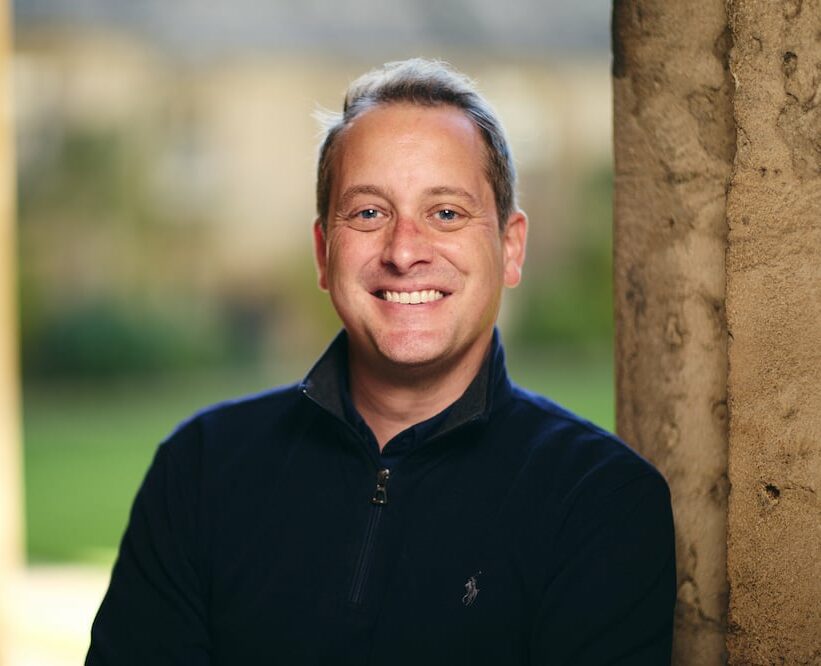
Fellow & Tutor in Biochemistry
Dr Weston Struwe

Dr Weston Struwe
Fellow & Tutor in Biochemistry
Associate Professor of Molecular and Cellular Biochemistry
UKRI Future Leaders Fellow
Education
BSc (Wisconsin), PhD (New Hampshire)
I am a UKRI Future Leaders Fellow based in the Department of Chemistry and Kavli Institute for NanoScience Discovery. Prior to taking up my fellowship, I was Chief Scientific Officer of Refeyn, a University of Oxford spin-out based on mass photometry – a single molecule mass imaging technique I helped establish. I have been in Oxford since 2012, in both the Chemistry and Biochemistry Departments as a Post-Doctoral Researcher and Senior Research Associate where I studied the molecular mechanisms by which viruses glycosylate their surface proteins and developed new ways to understand how oligosaccharides interact with host receptors, innate immune lectin receptors and anti-viral lectins. Prior to moving to Oxford, I worked at the newly formed National Institute for Research and Training (NIBRT), a non-profit institute established to support research and education in biopharma globally. At NIBRT, I had the opportunity to work closely with a number of biotherapeutic companies to address various challenges in the analysis and process development of protein-based drugs. I obtained my BS from the University of Wisconsin, Madison and PhD from the University of New Hampshire.
Research in the Struwe Group centres on untangling the diverse and complex structure-function relationships of protein-linked oligosaccharides through the development of techniques that span protein engineering, chemical biology and mass spectrometry. Oligosaccharides, or glycans, are not only structurally diverse and contribute to remarkable protein heterogeneity but can be viewed as chemical elements that fine-tune protein biophysical properties and biomolecular interactions to various degrees.
The work we do focuses on host-pathogens interactions, principally among enveloped viruses, and our goal is to pin-point individual glycan structures, present among hundreds if not thousands of forms, responsible for discrete biological disease processes via the multivalent interactions they facilitate, including in receptor binding, immune recruitment and inflammation. A chemical understanding of such interactions is vital for designing next-generation therapeutics. Our approach is interdisciplinary but largely based on advanced methods in mass spectrometry and glycoprotein engineering strategies that enable us to study glycoprotein dynamics and transient, yet specific, glycan-dependent interactions.









